
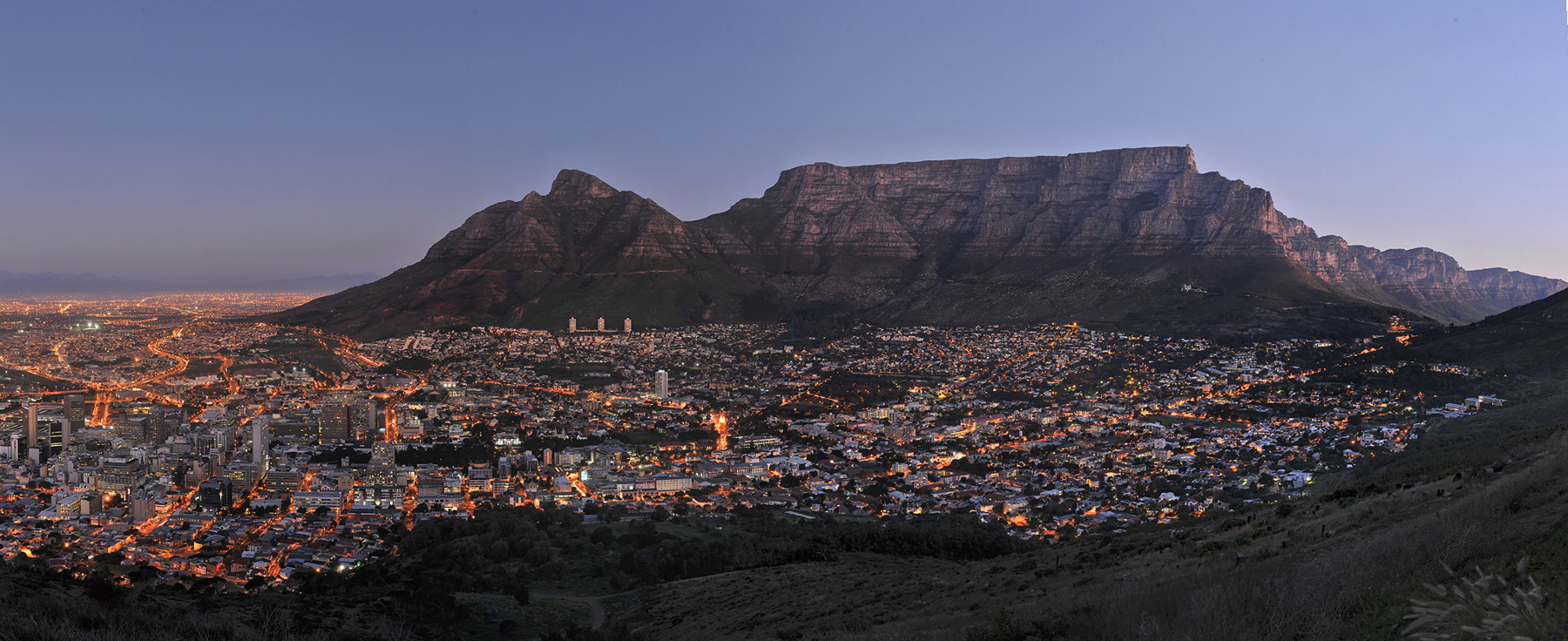
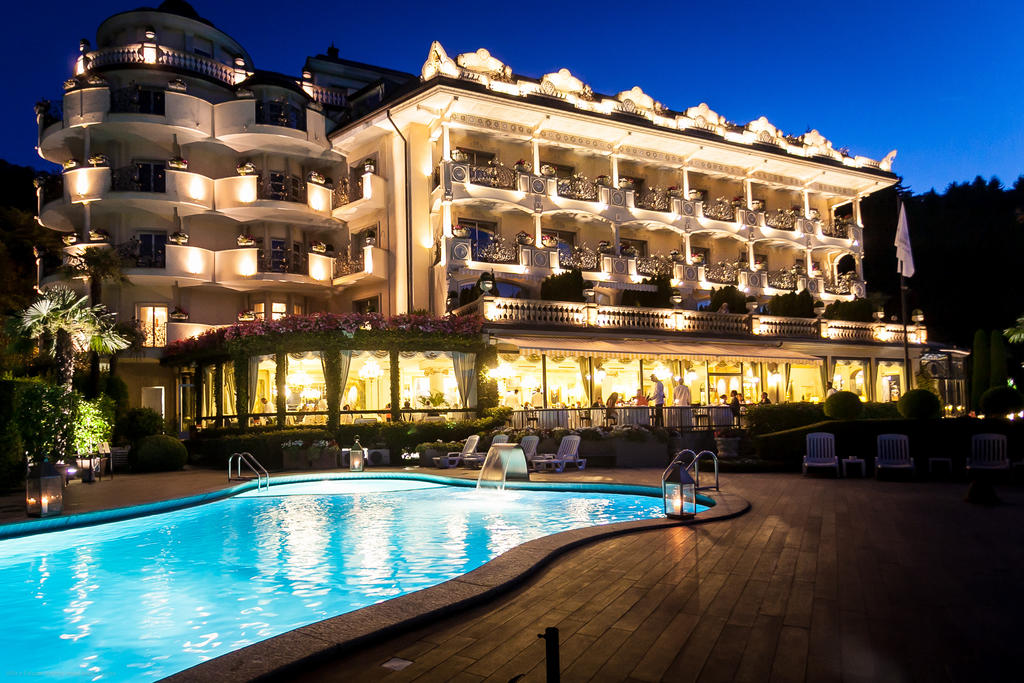
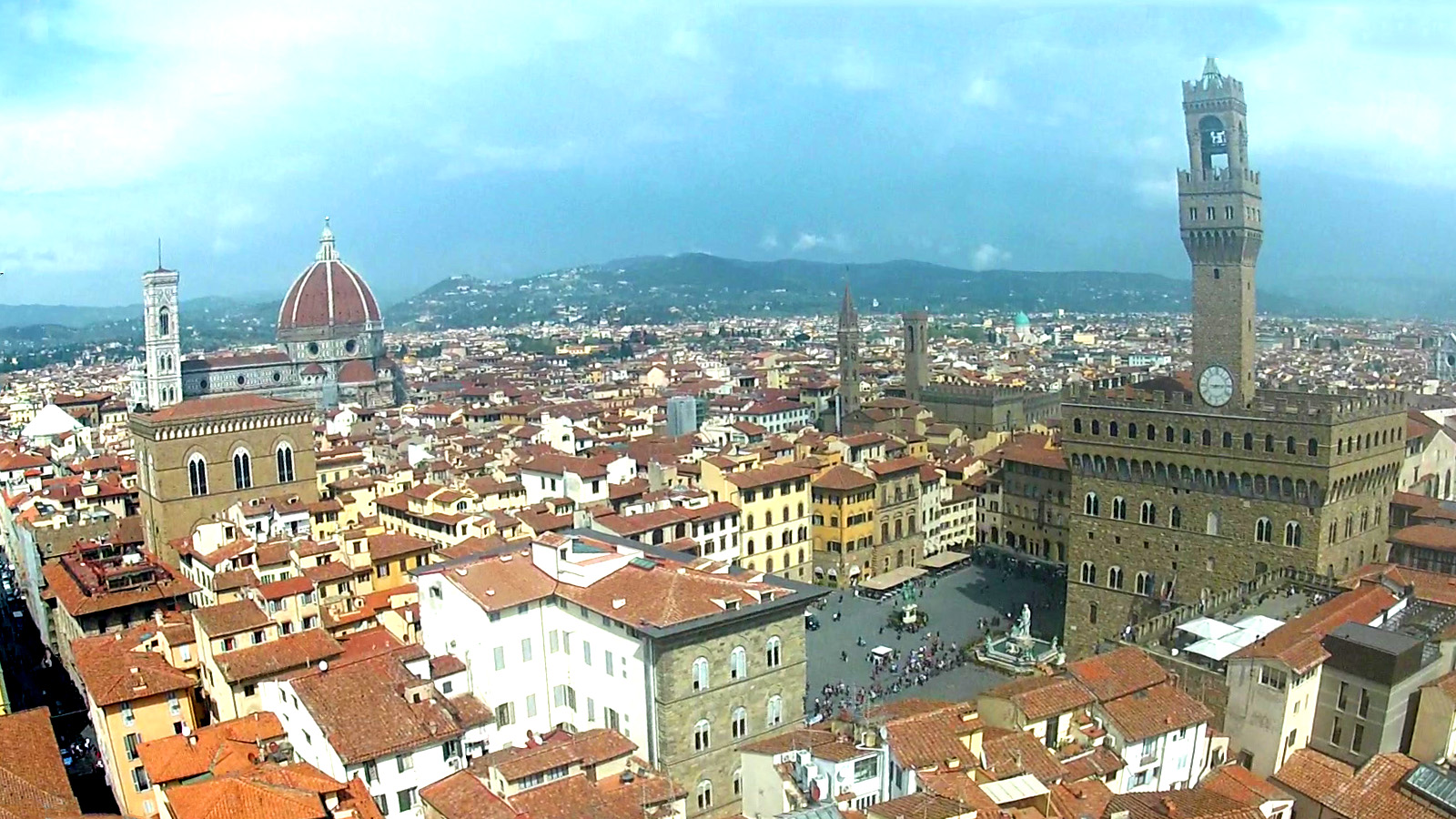

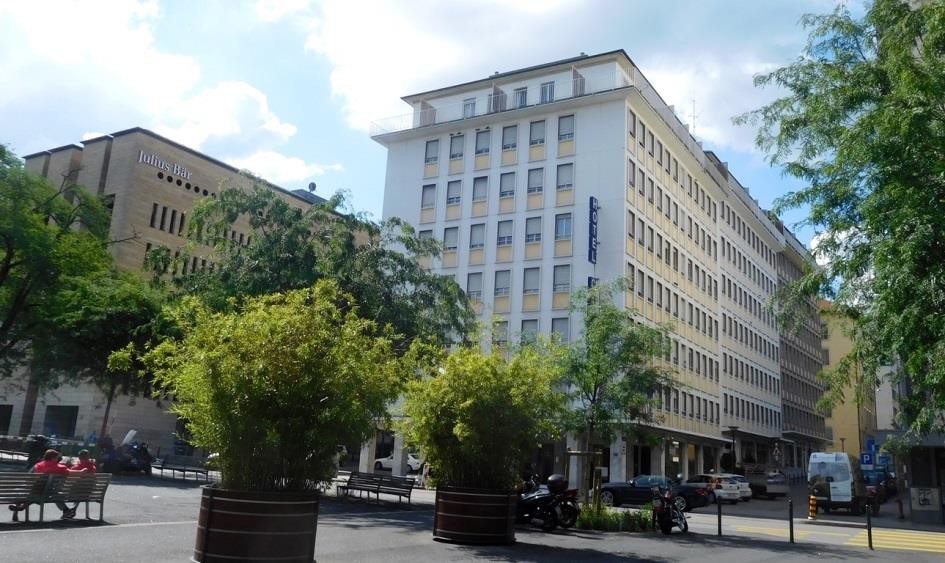
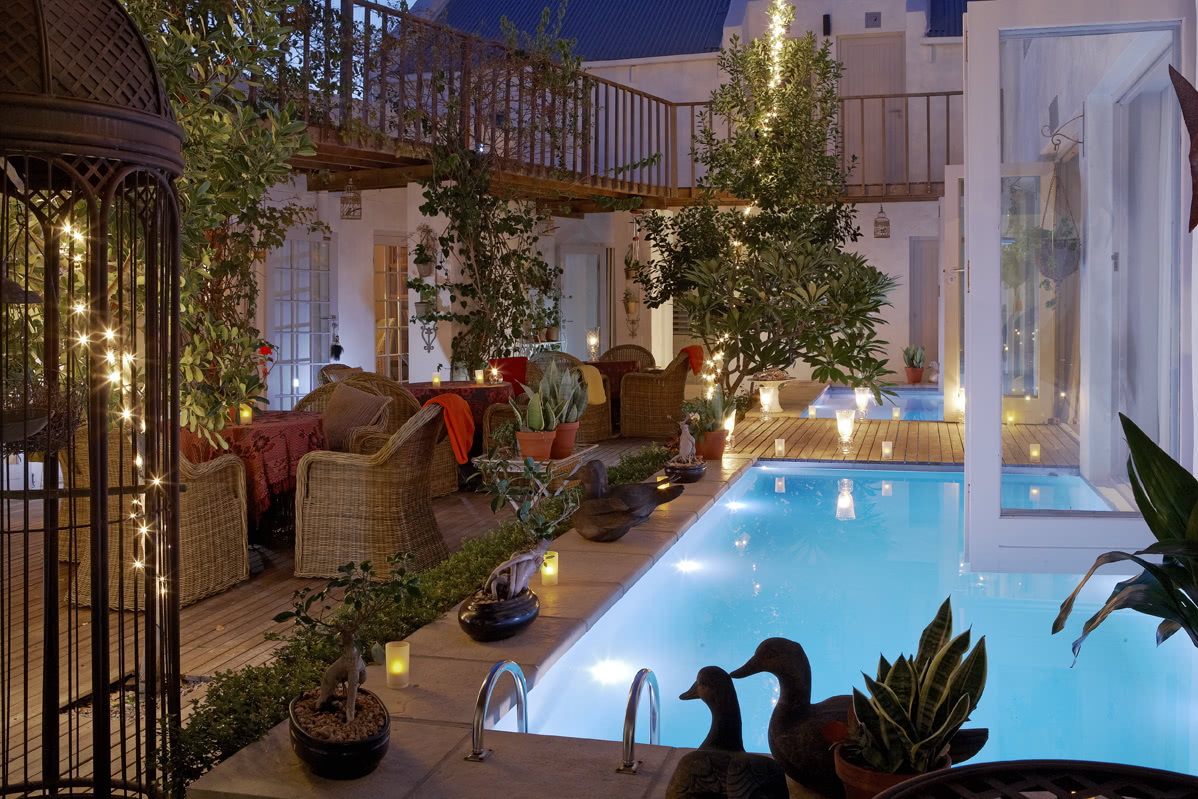
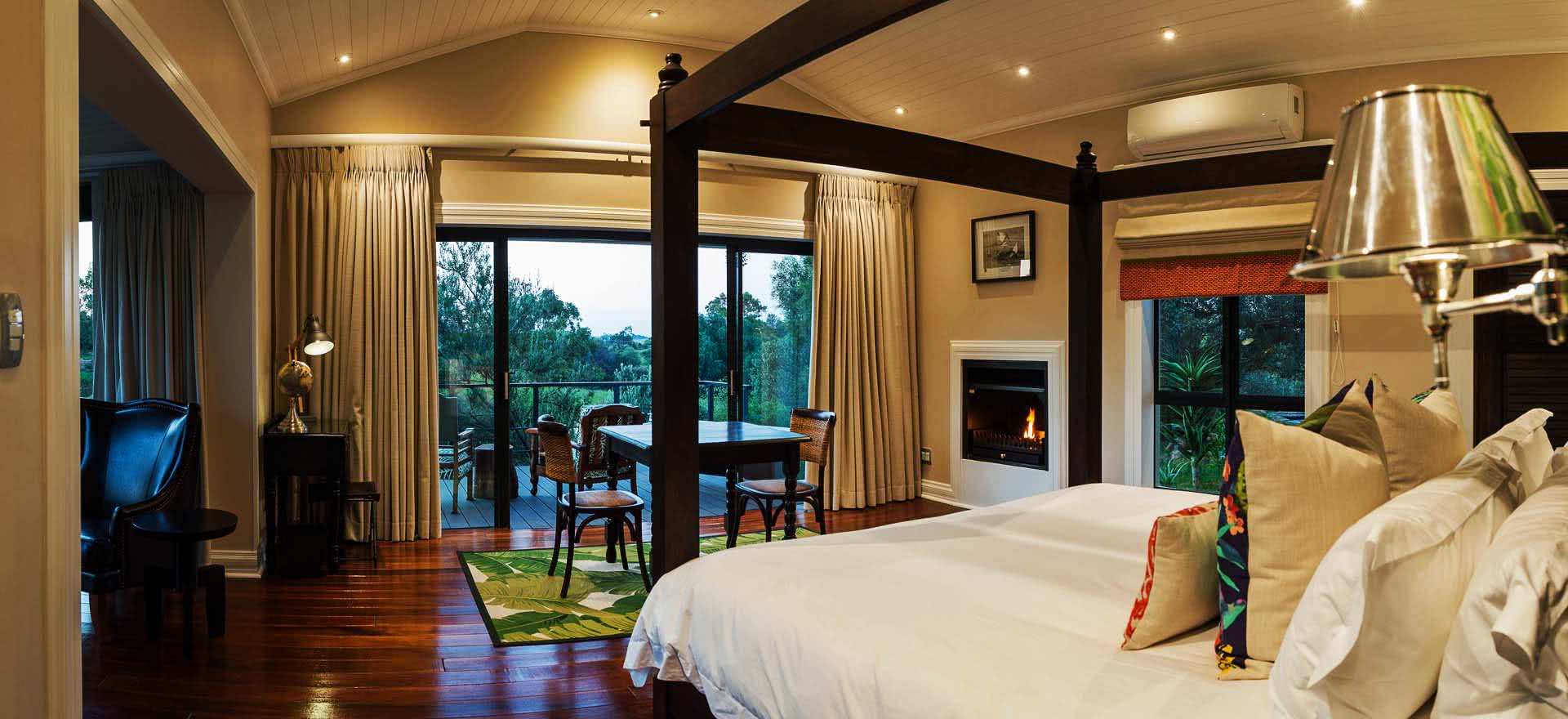
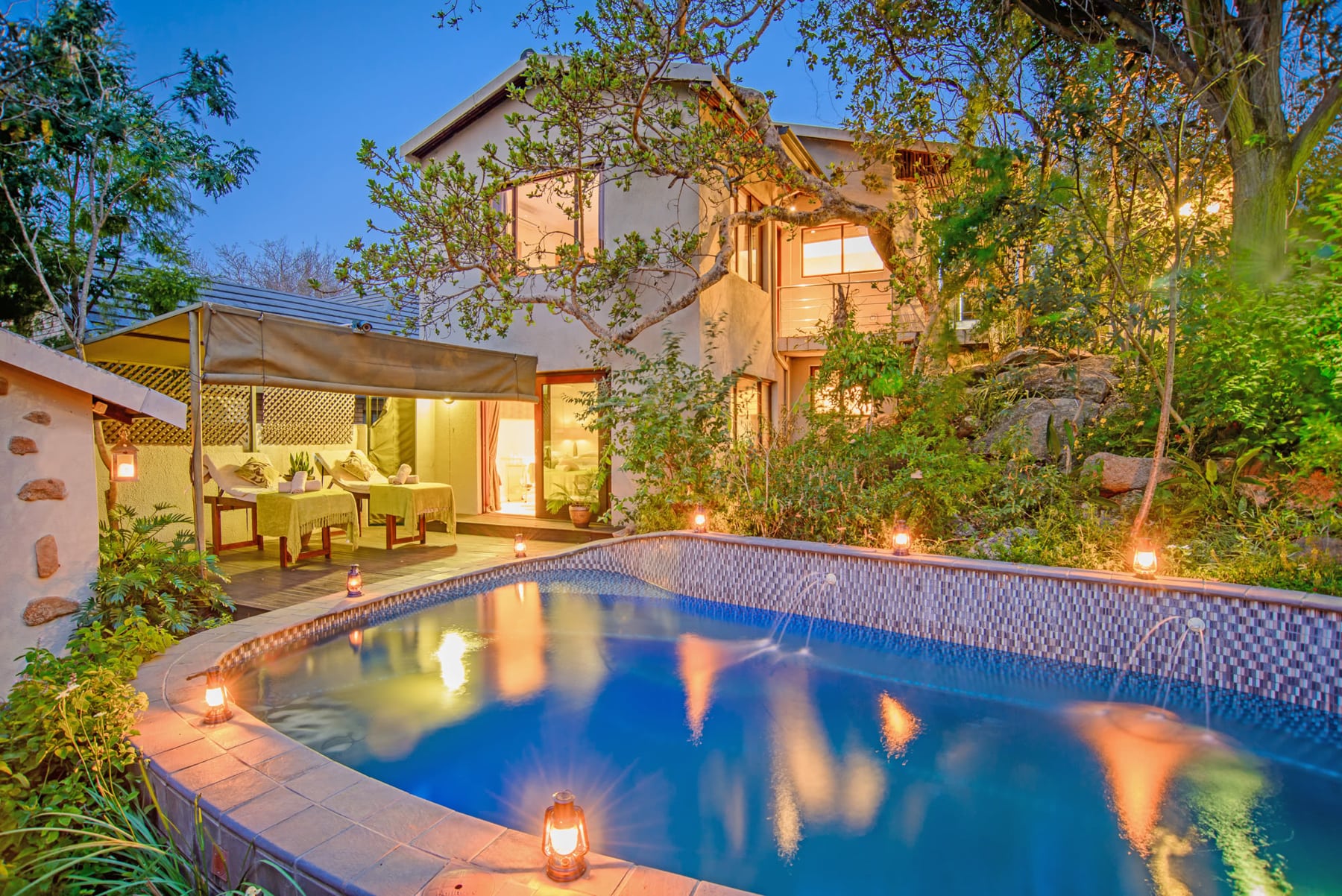

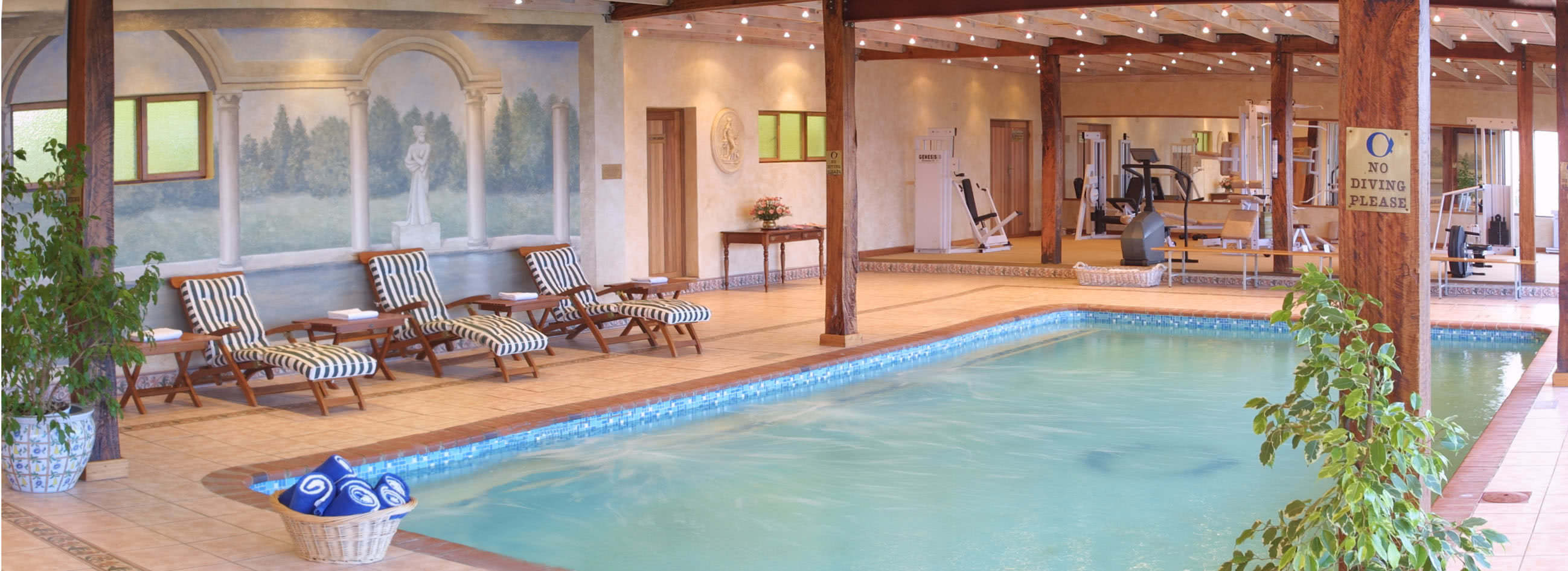
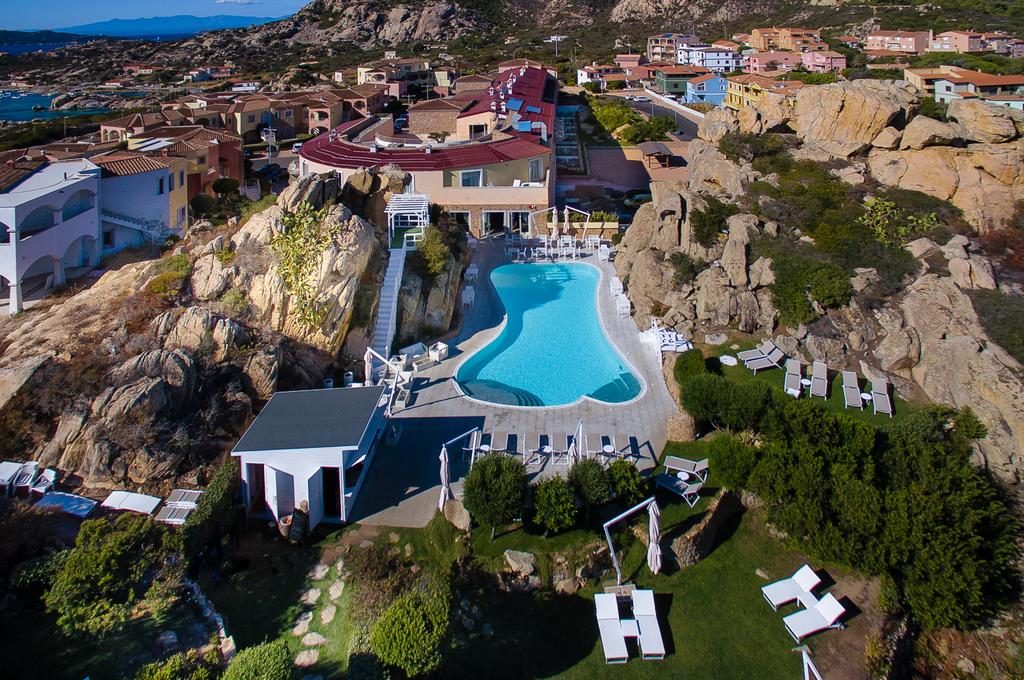
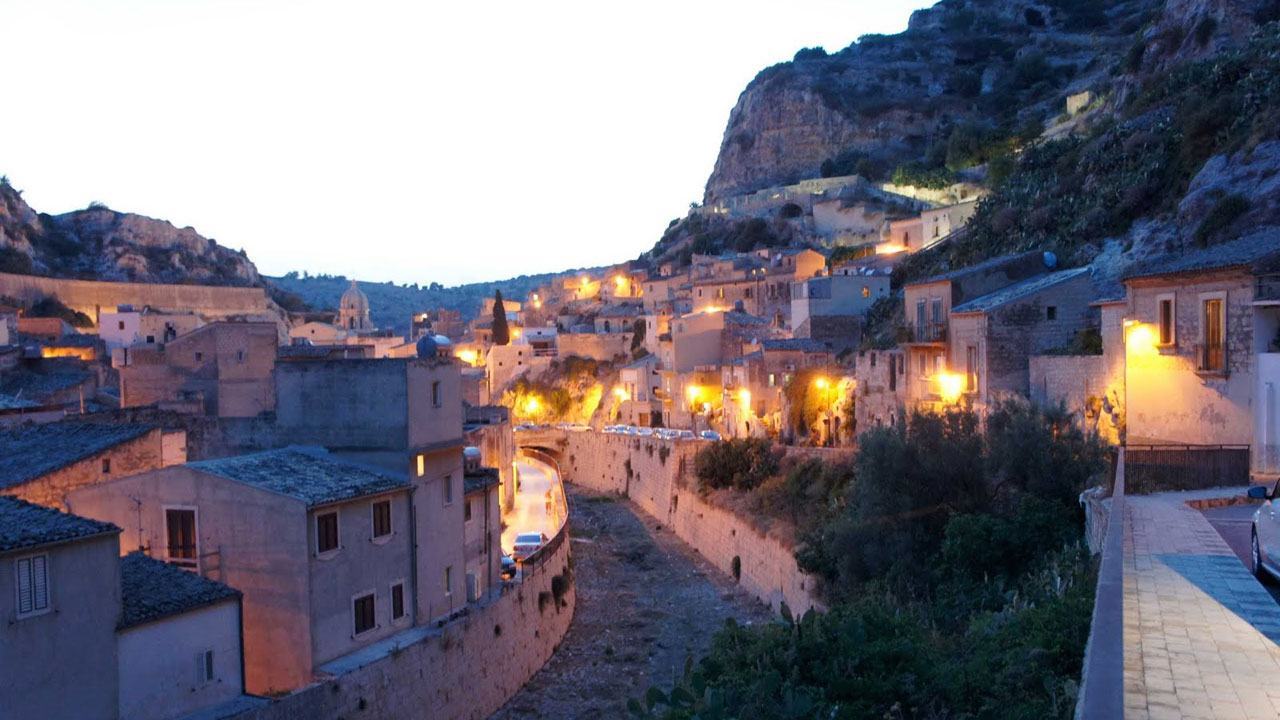
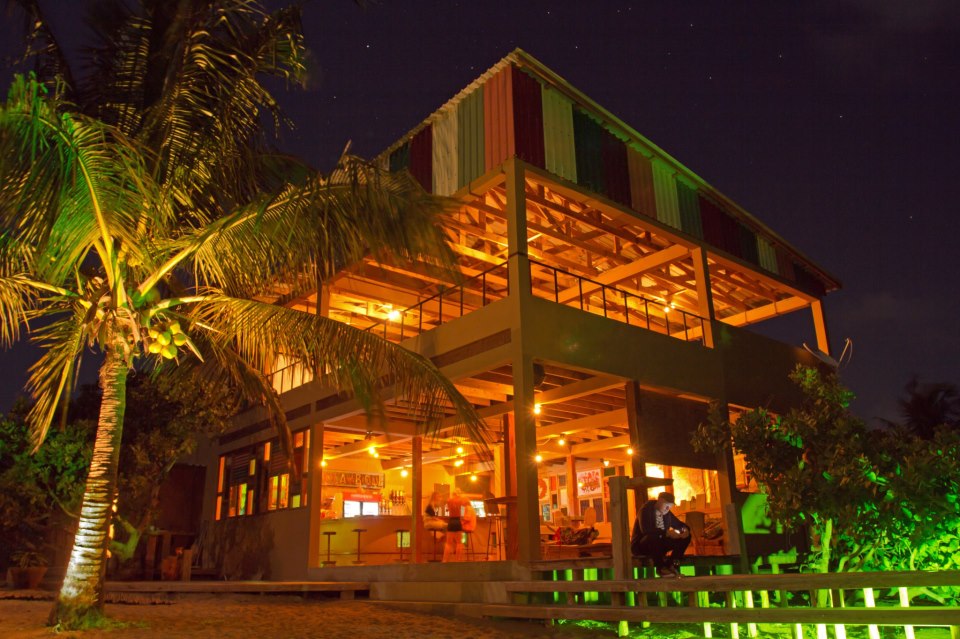
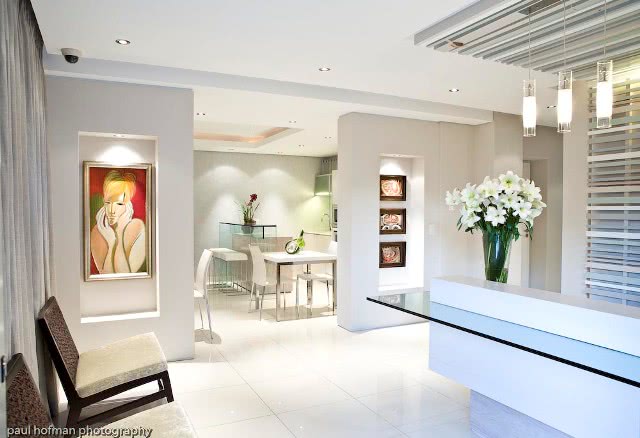
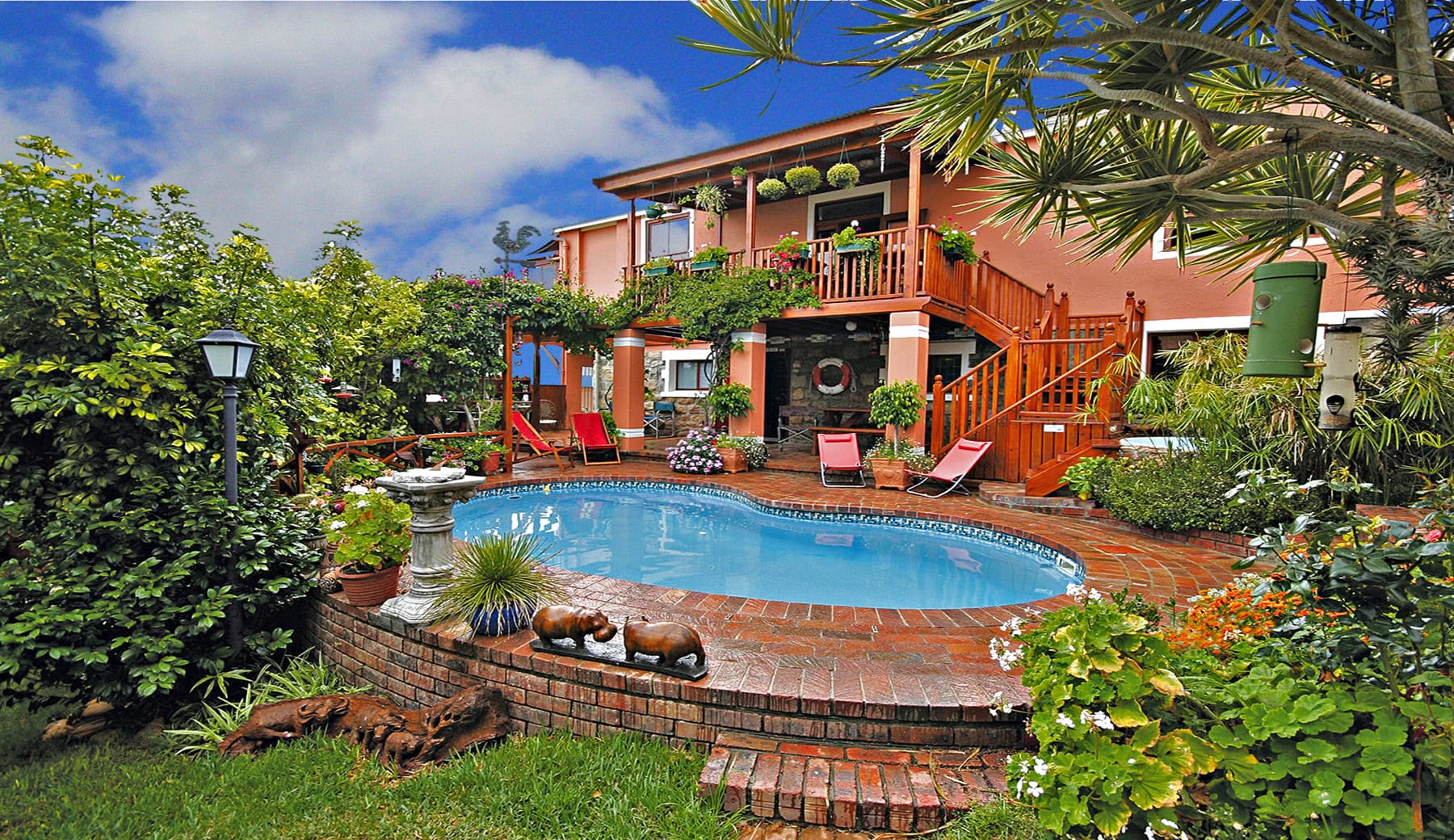
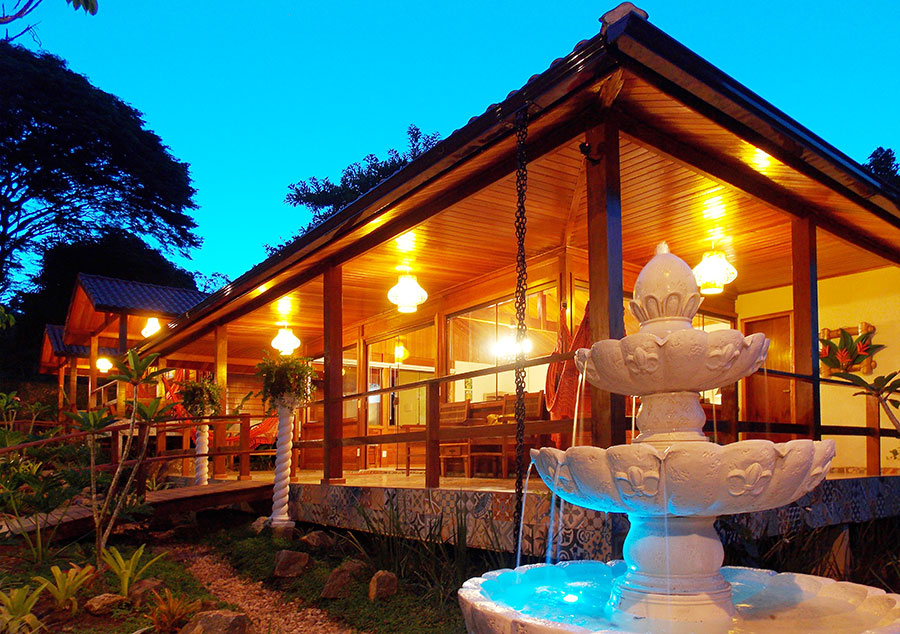
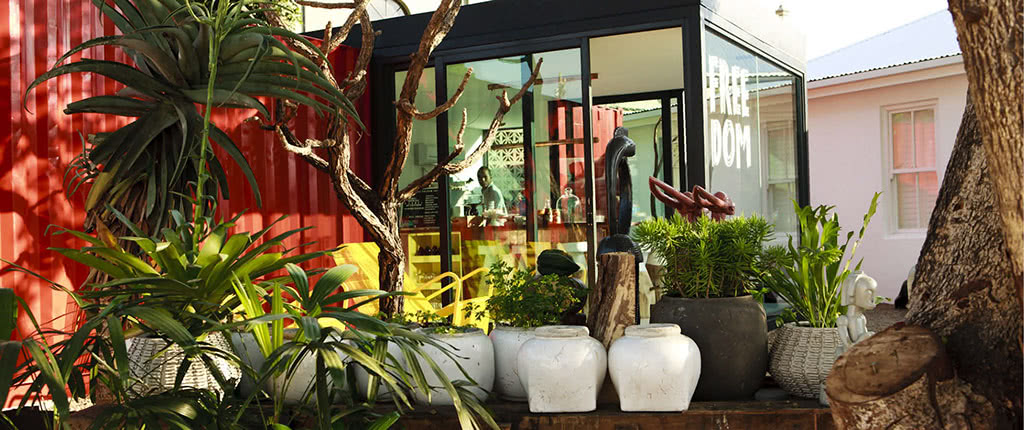
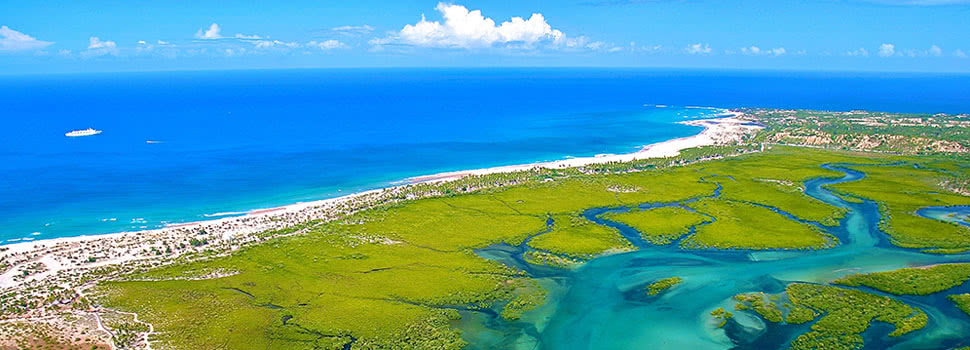
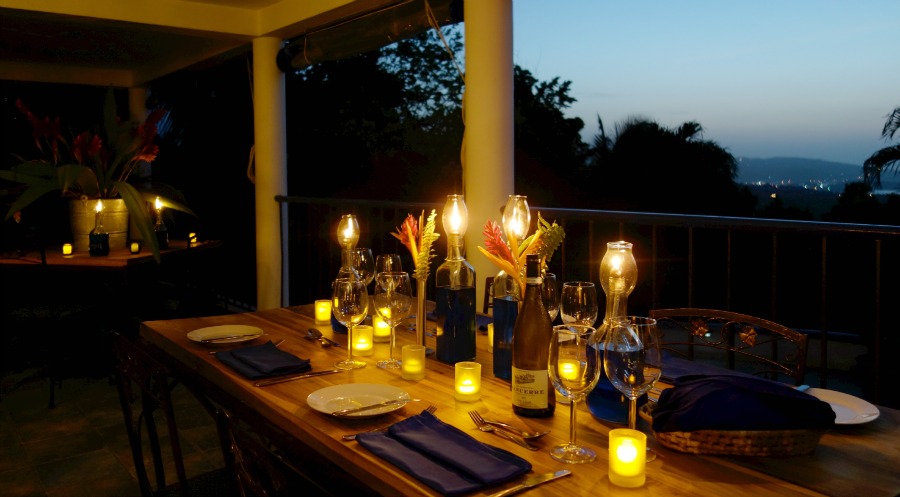
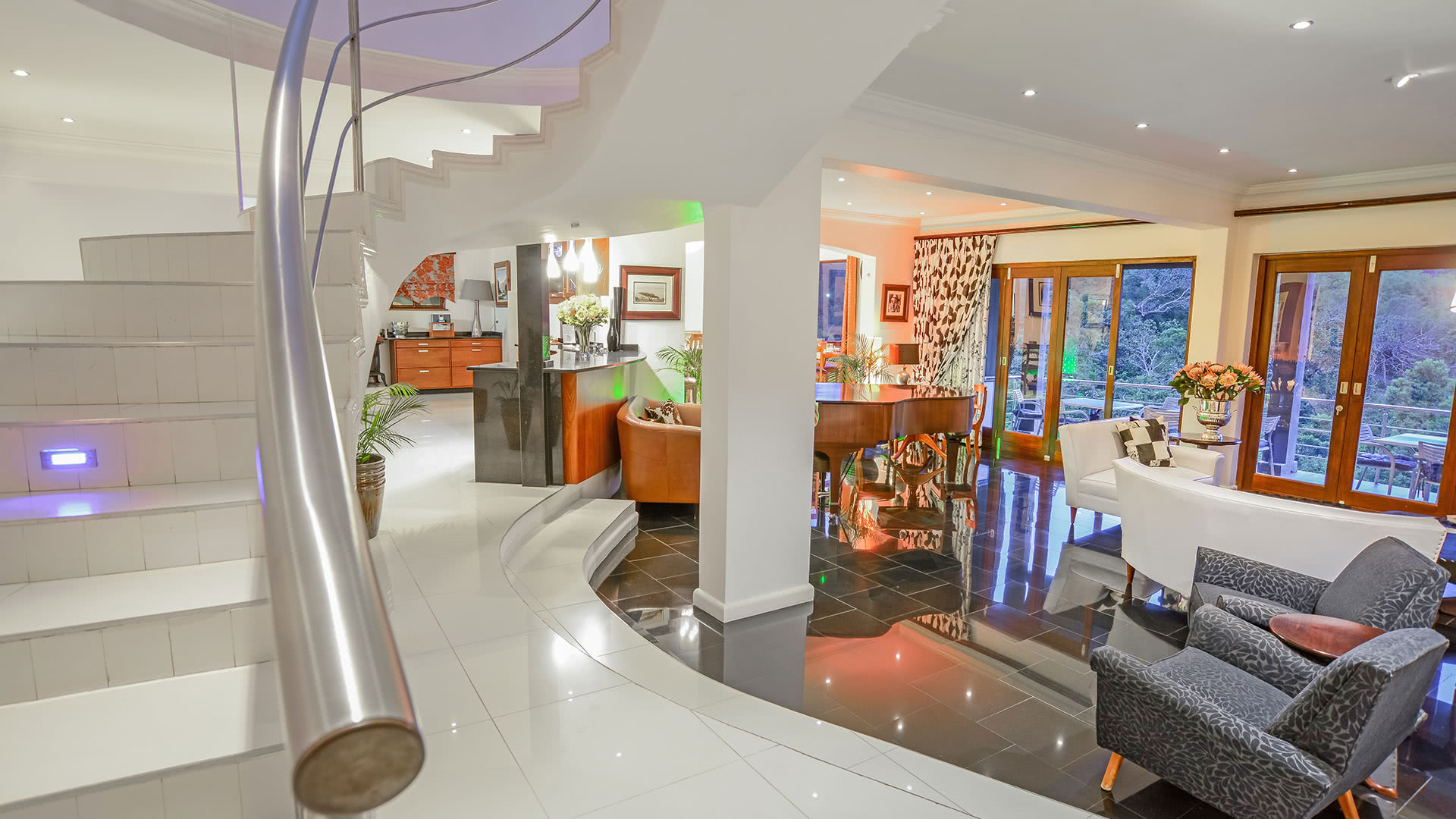
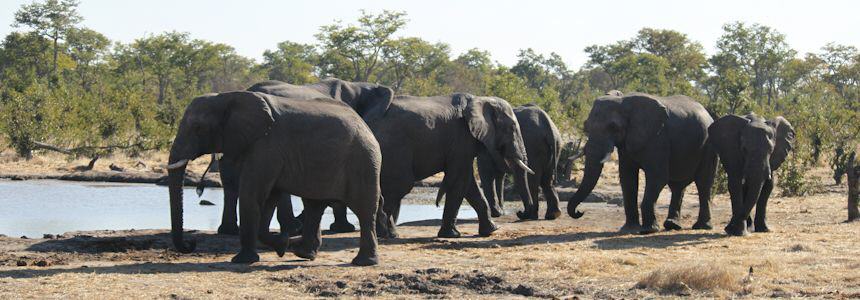
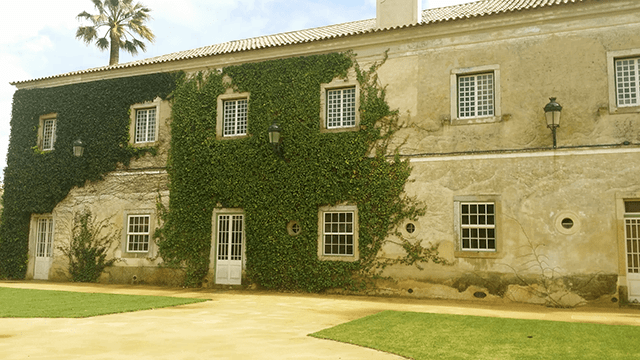
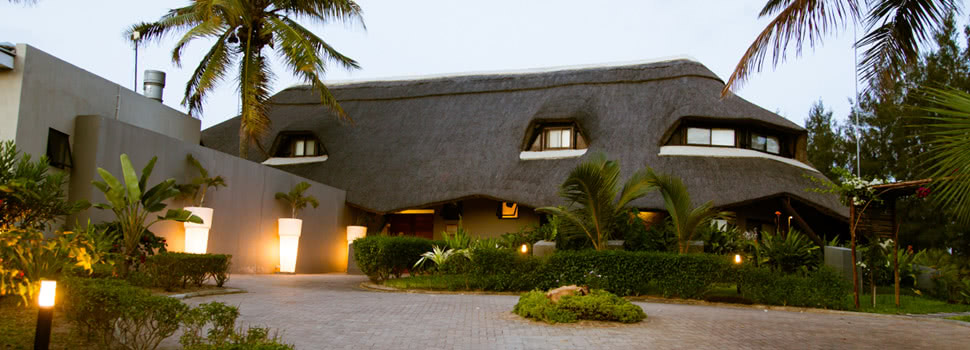
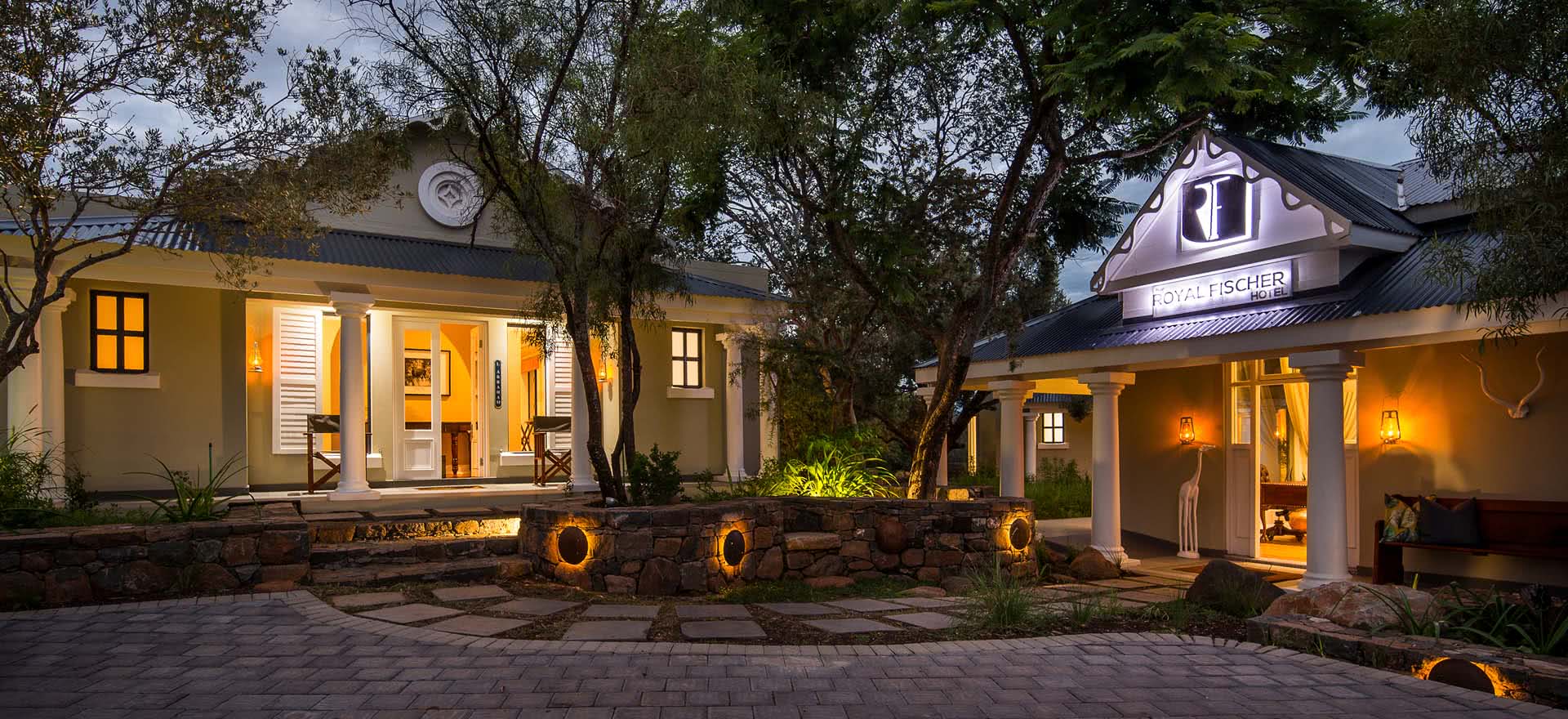
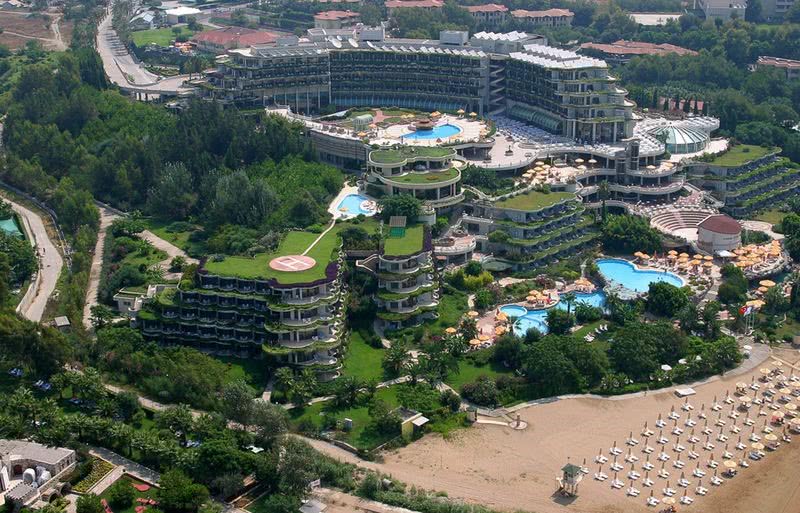
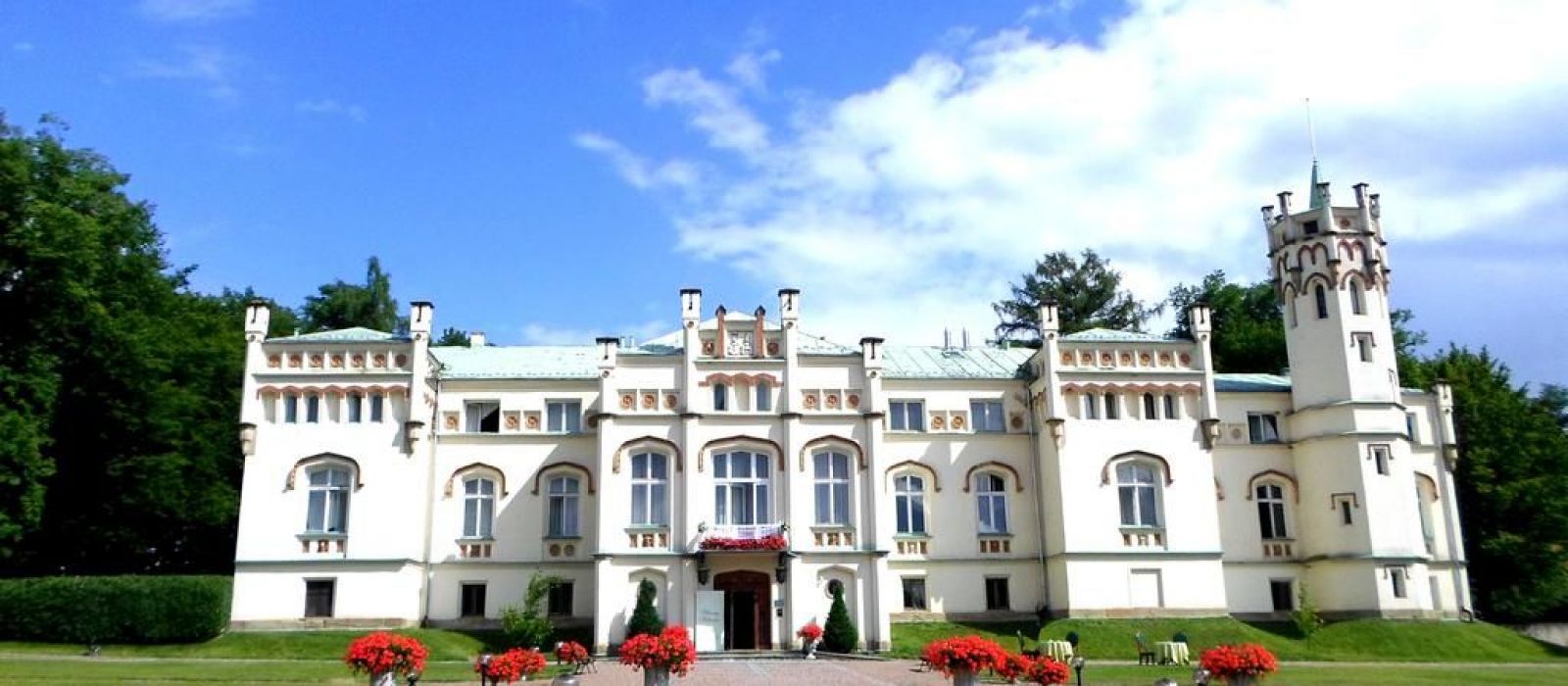
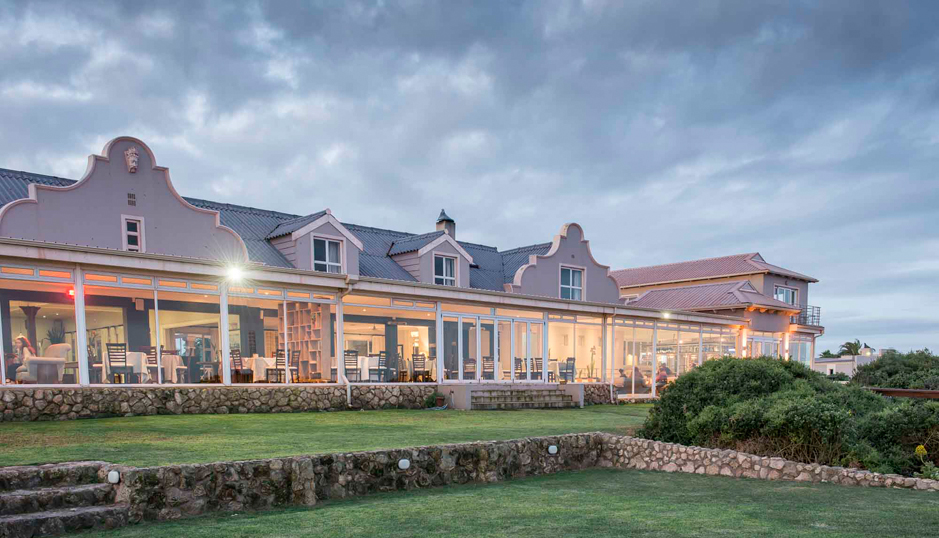
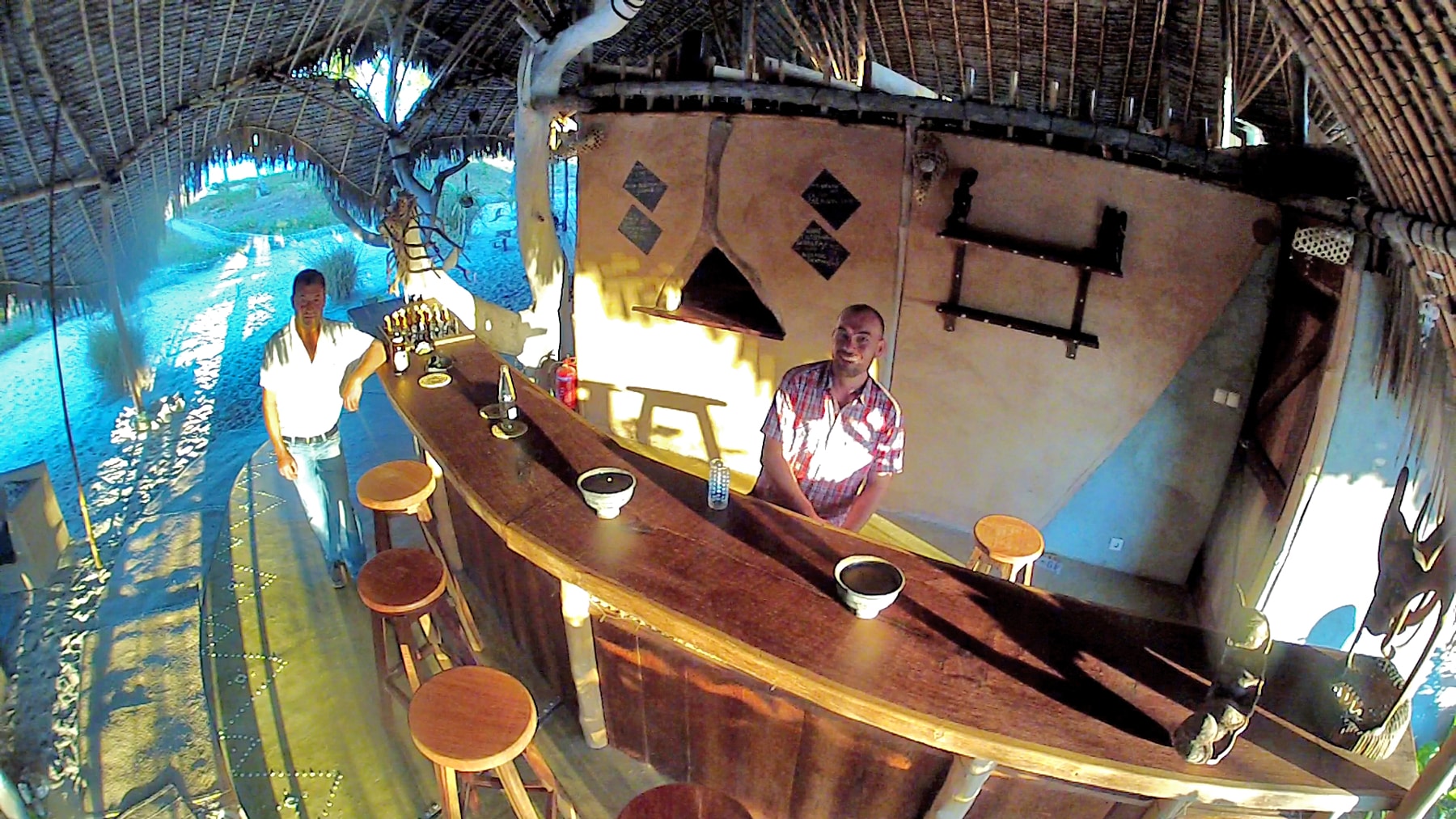
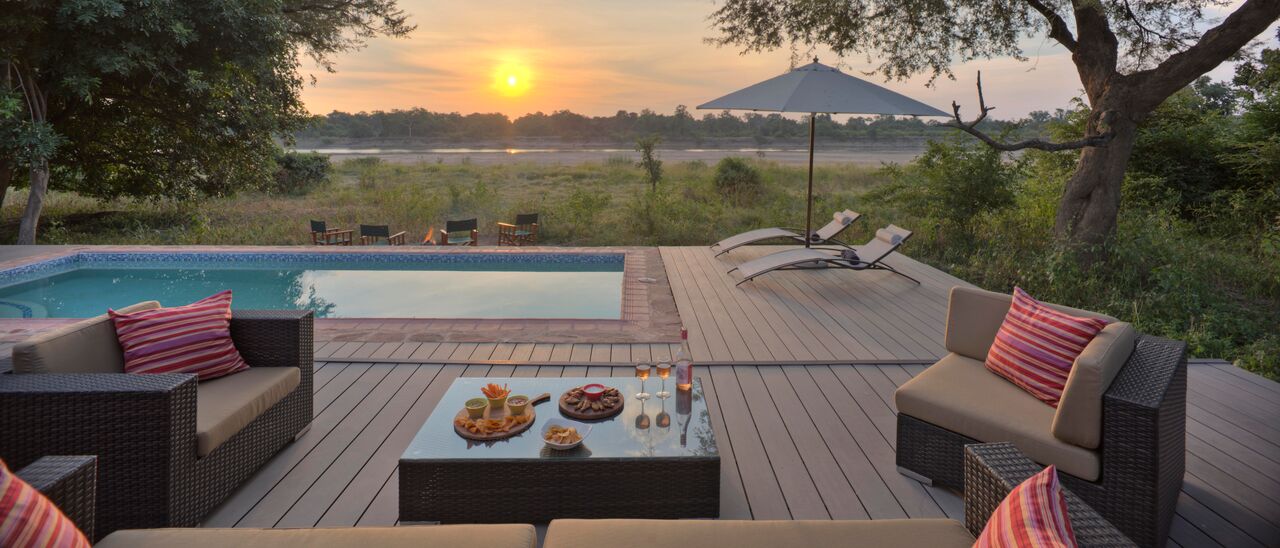
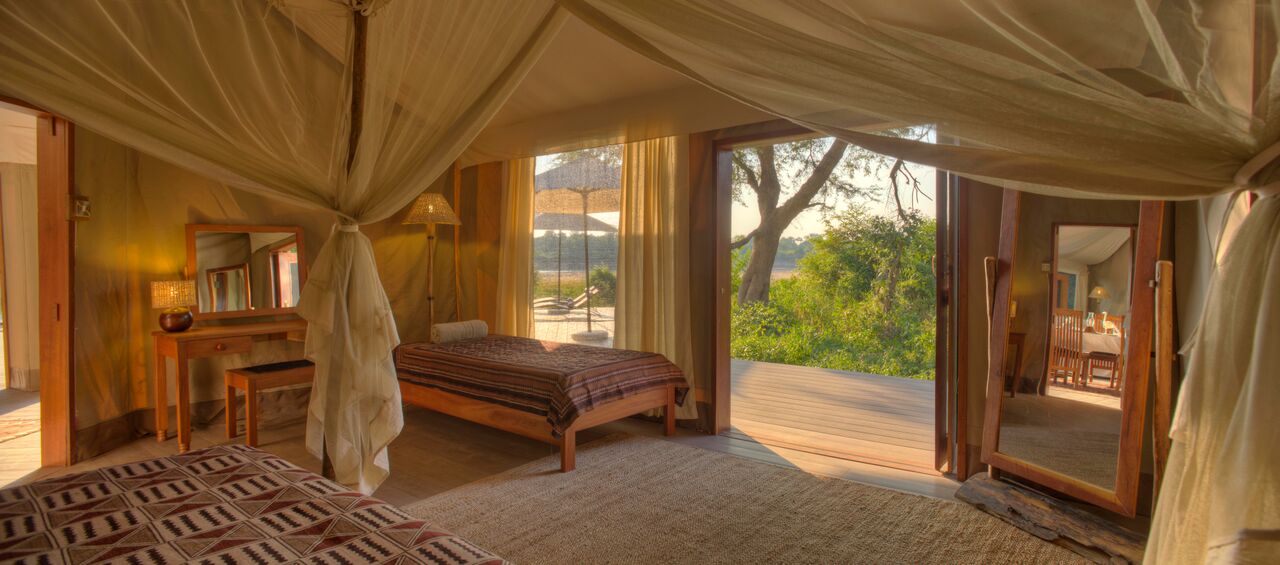
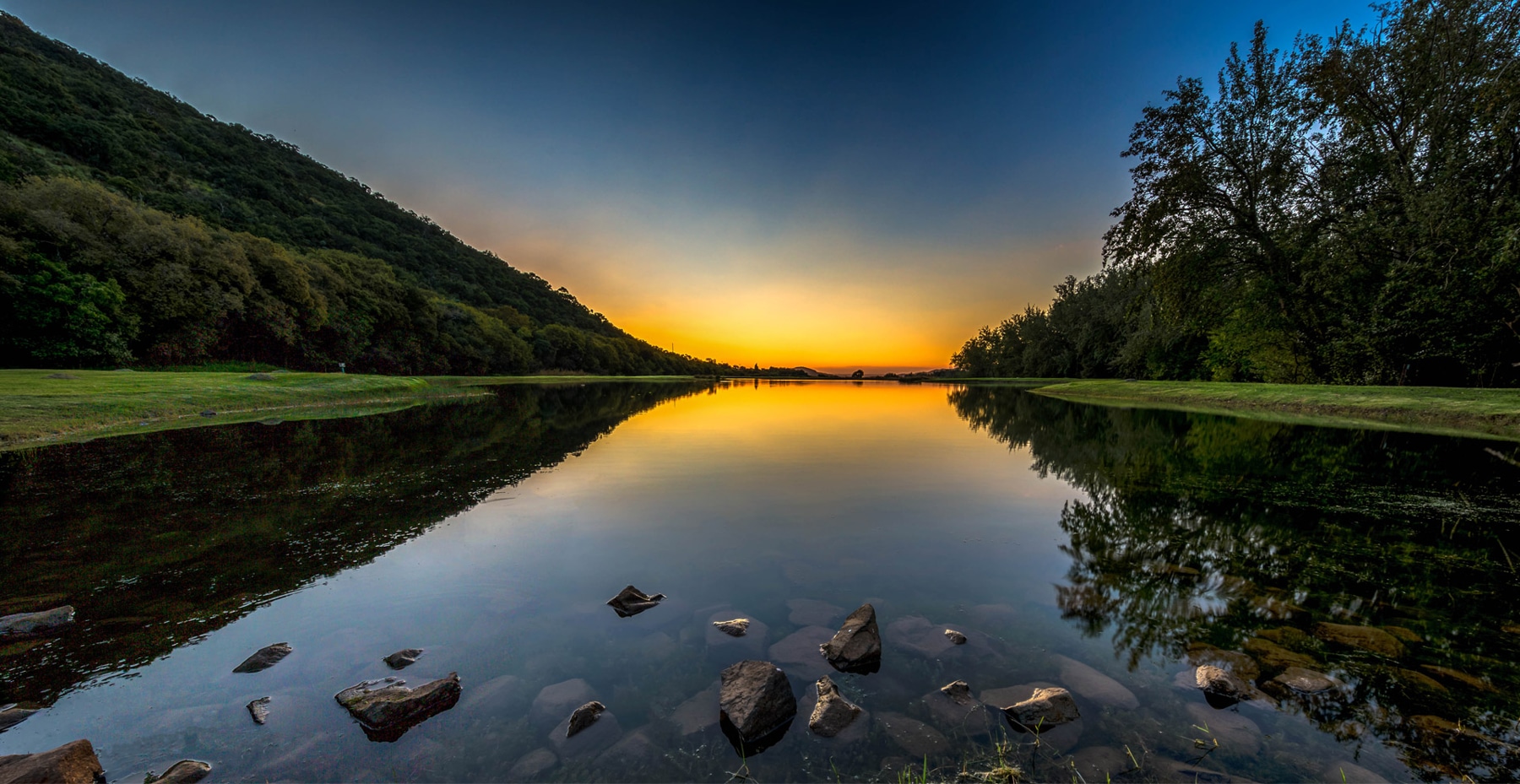
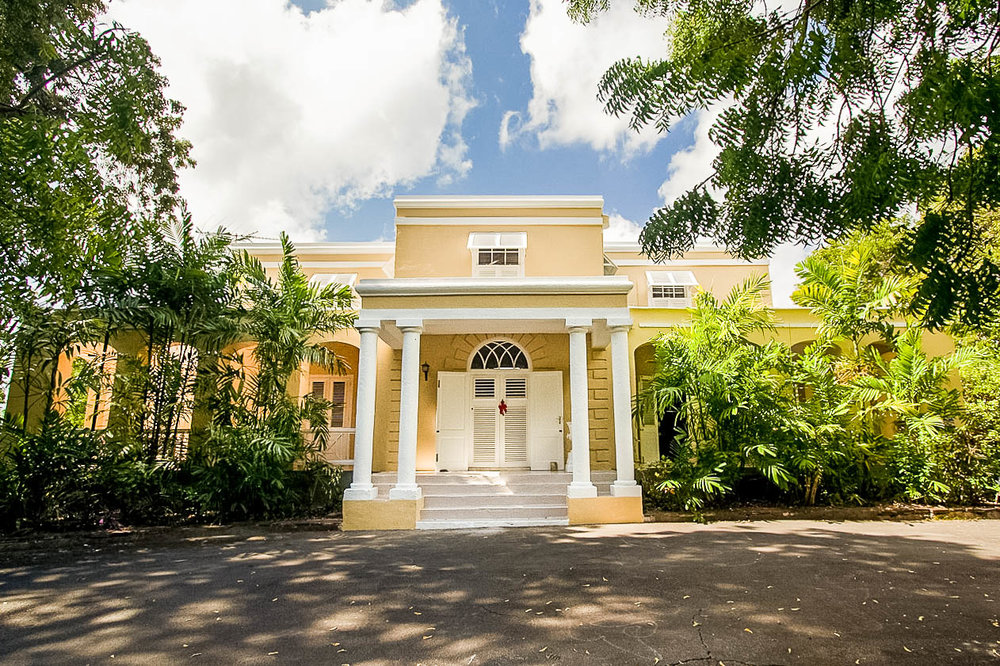
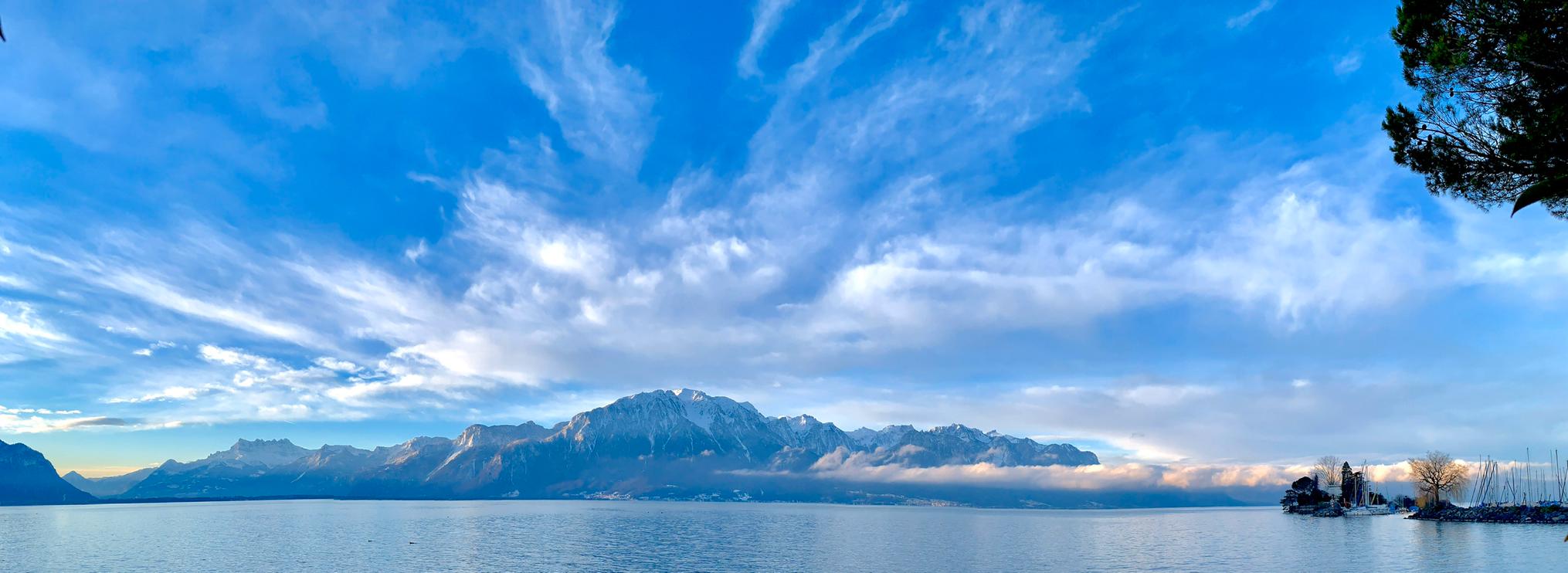
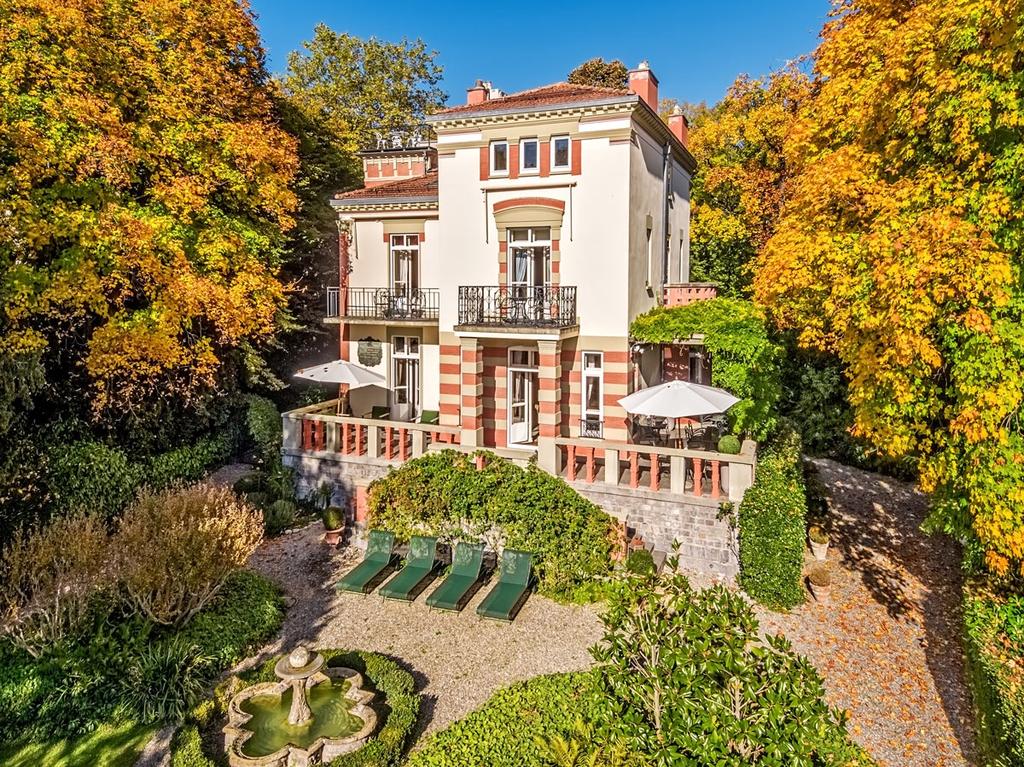
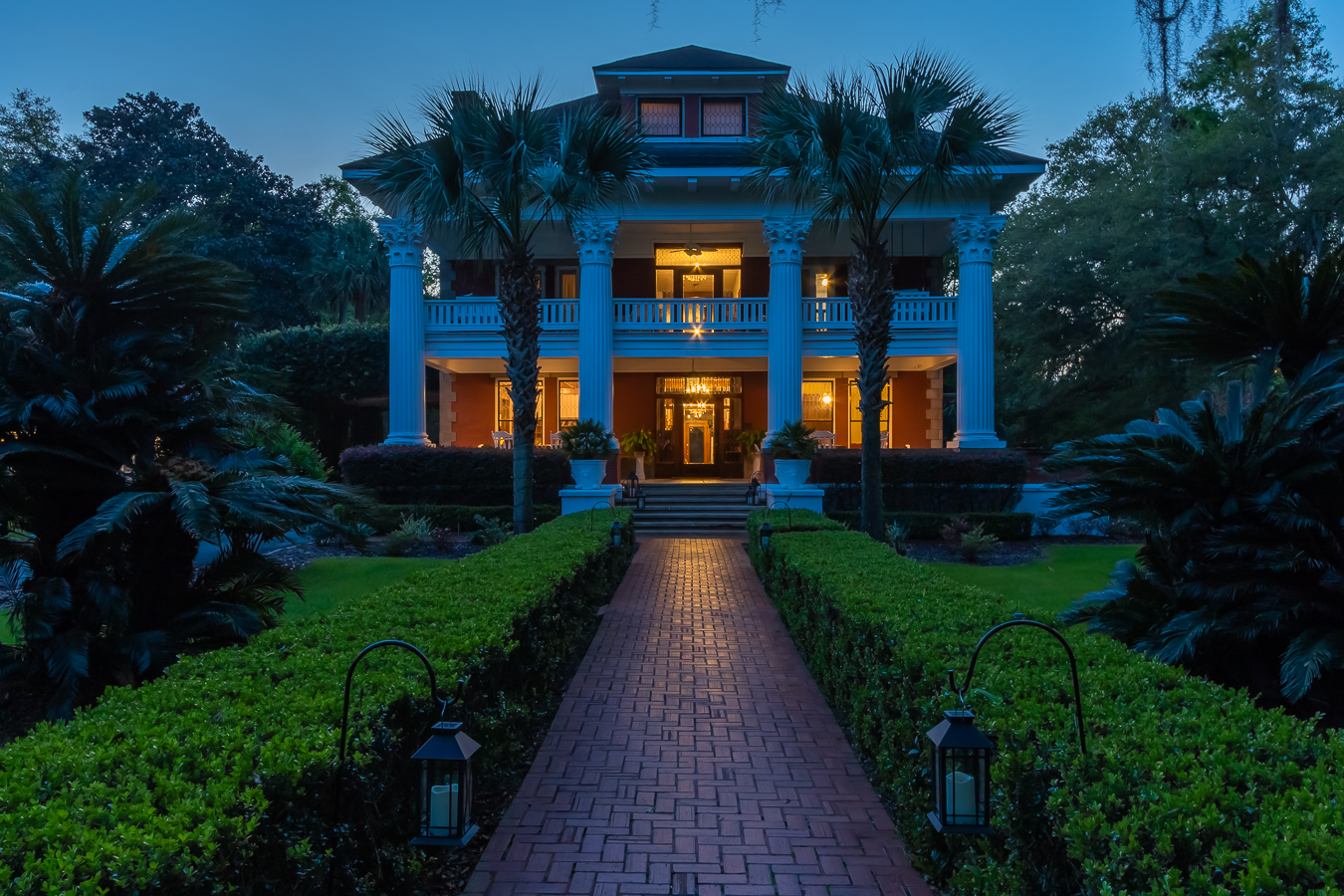
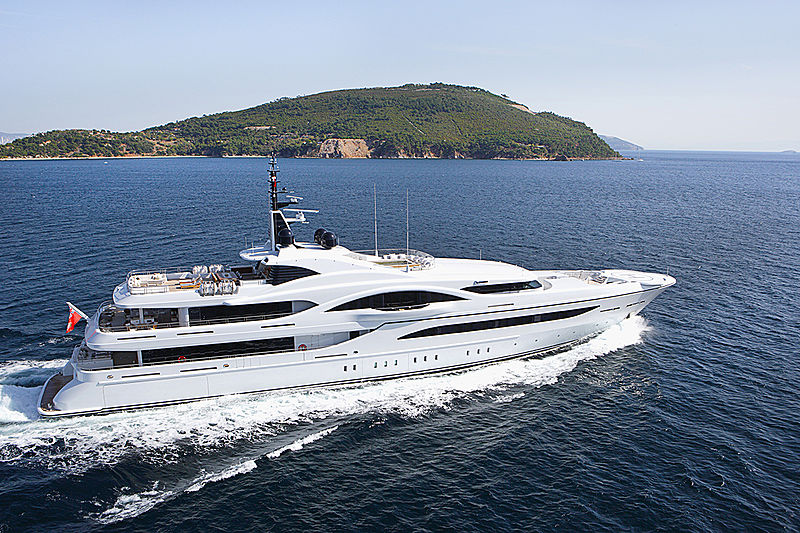
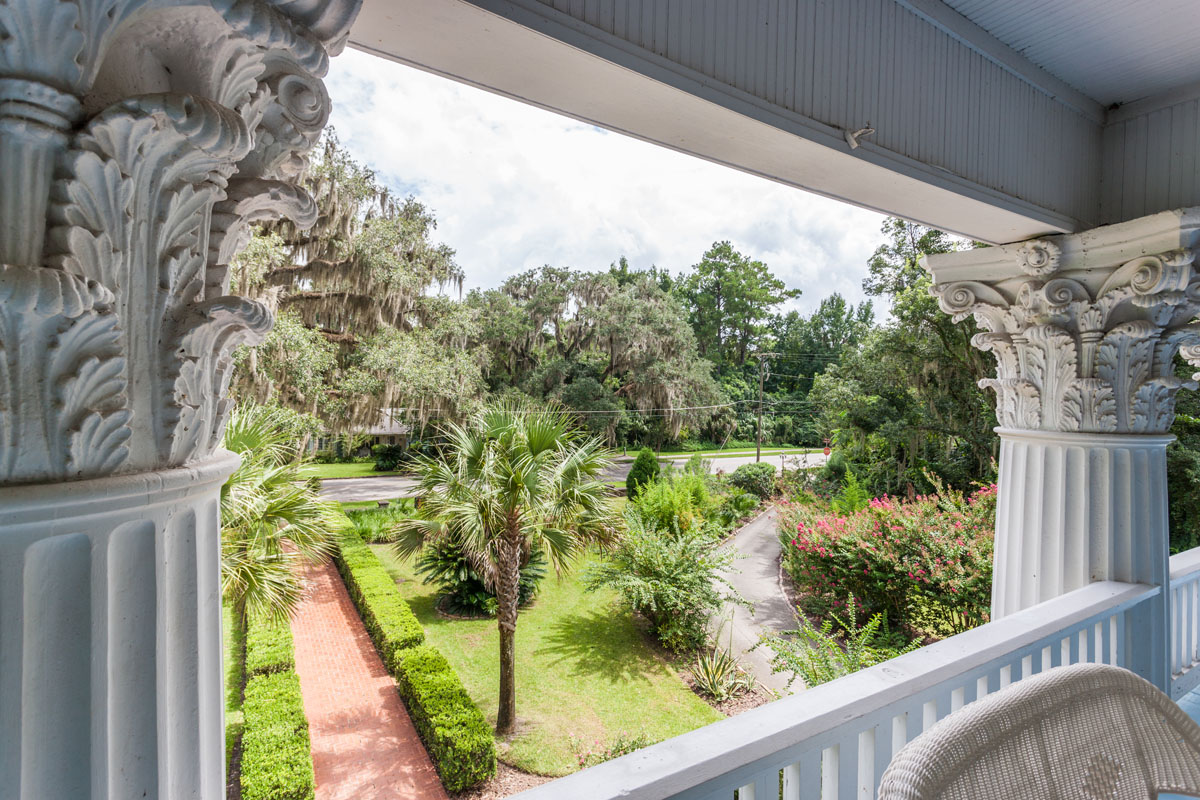
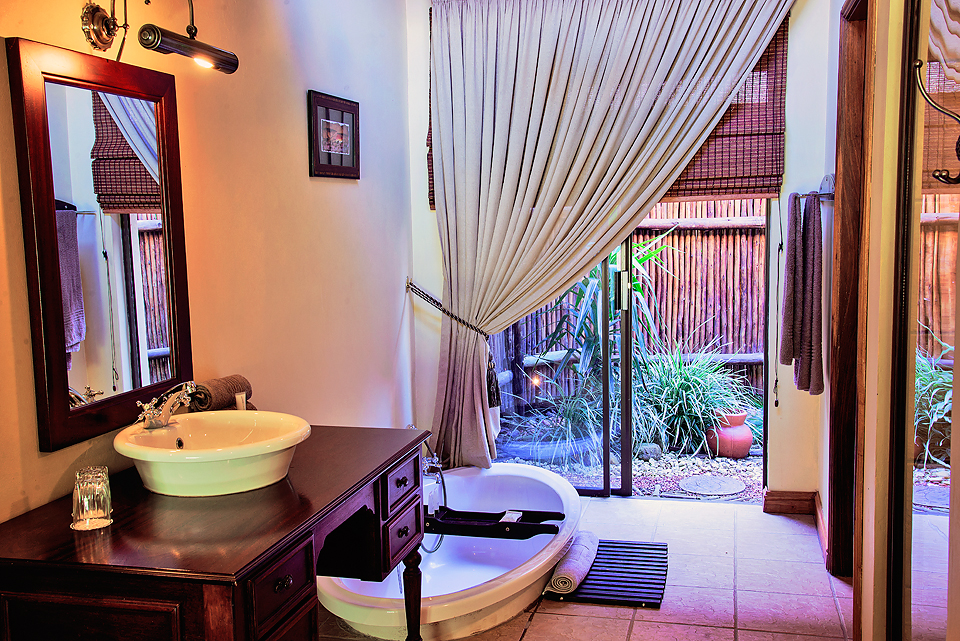
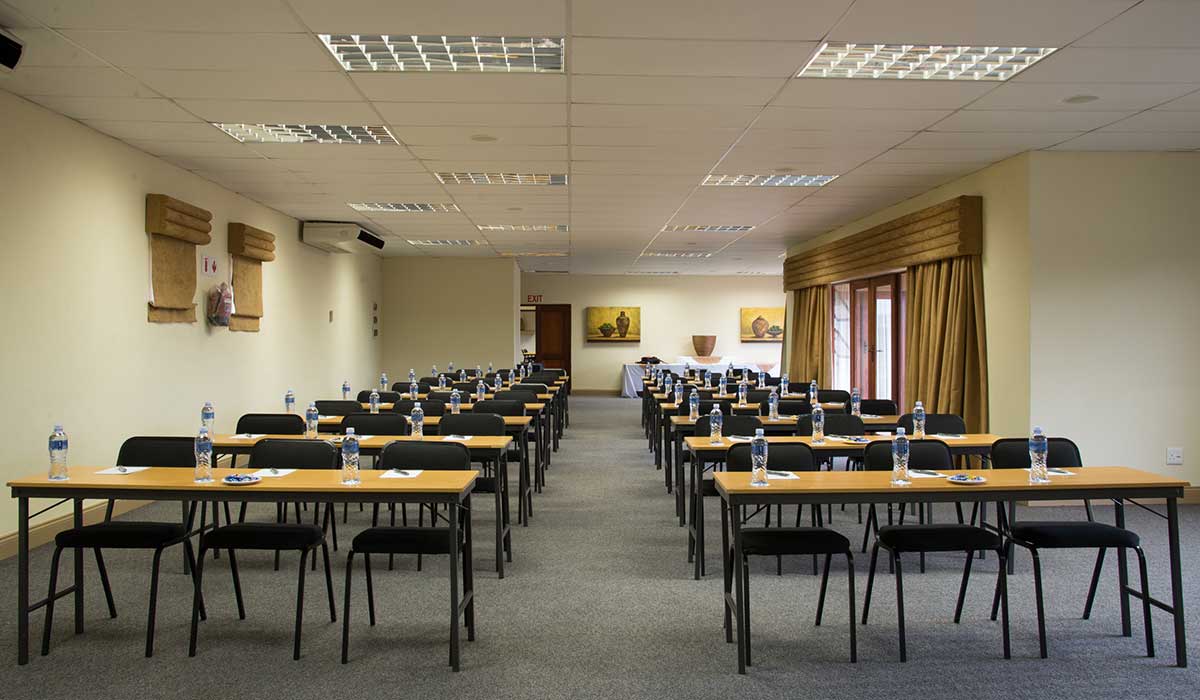
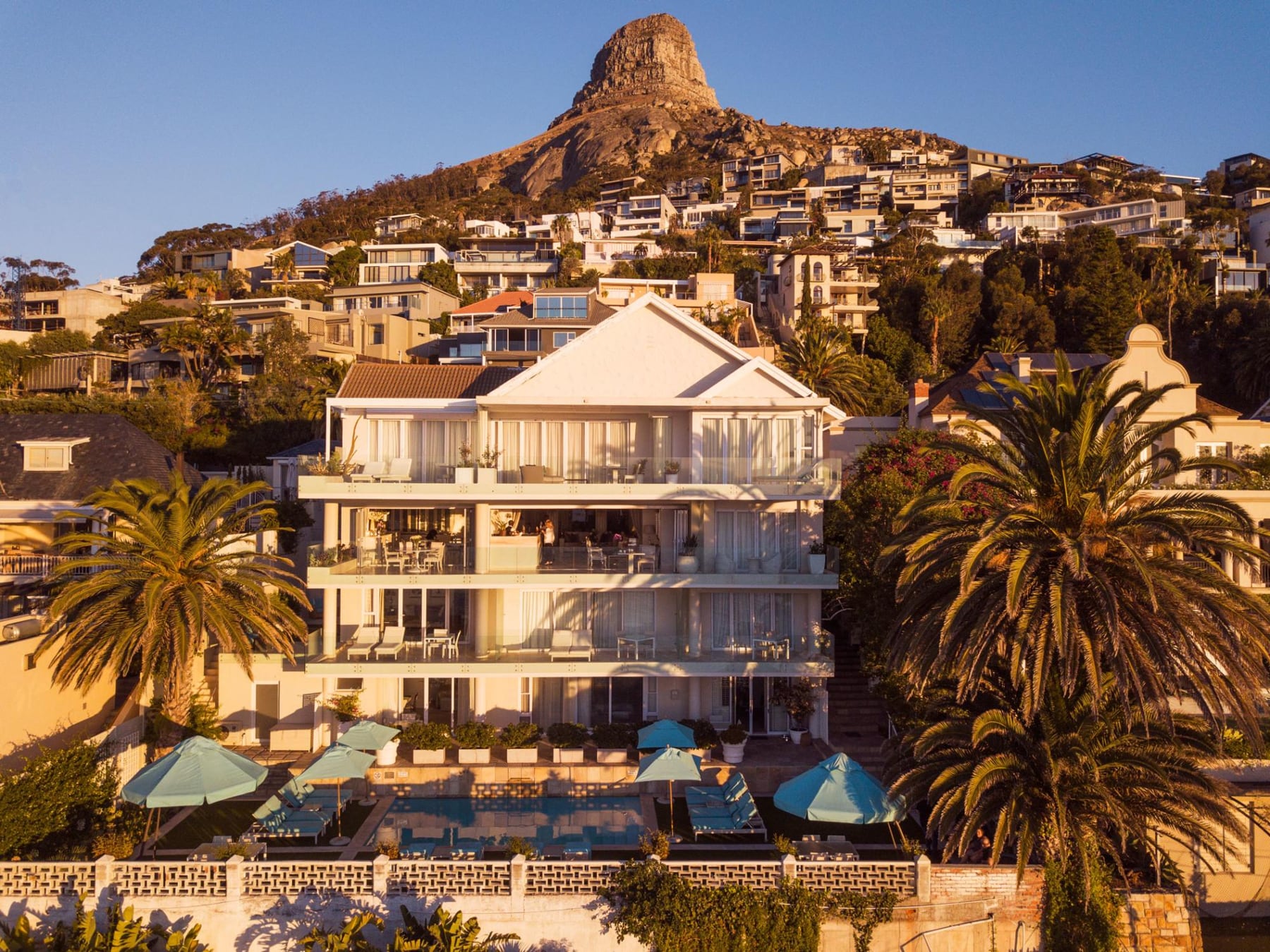
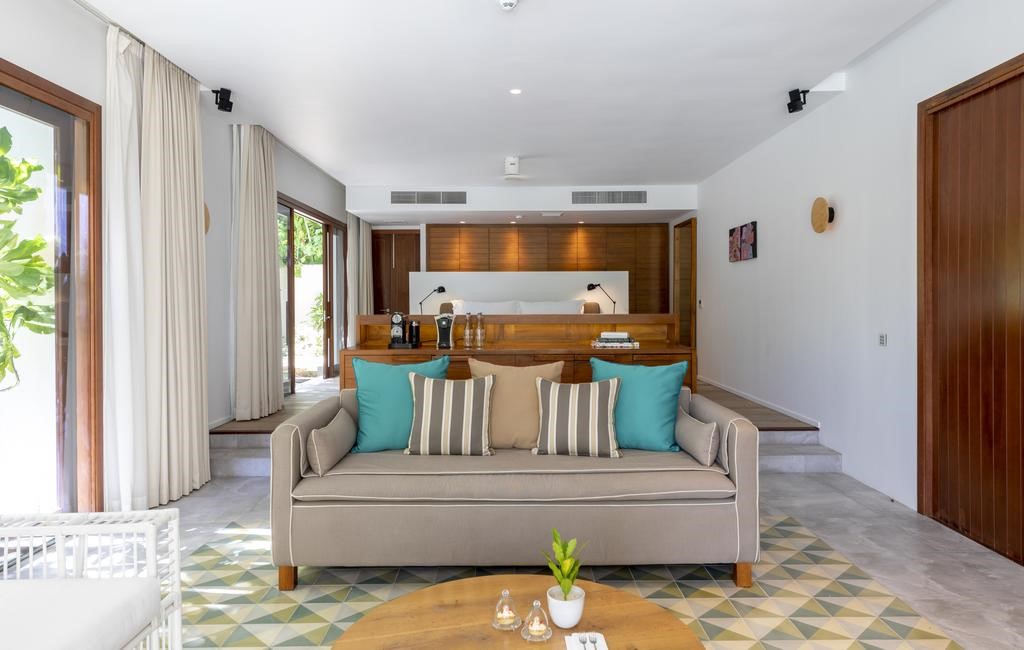
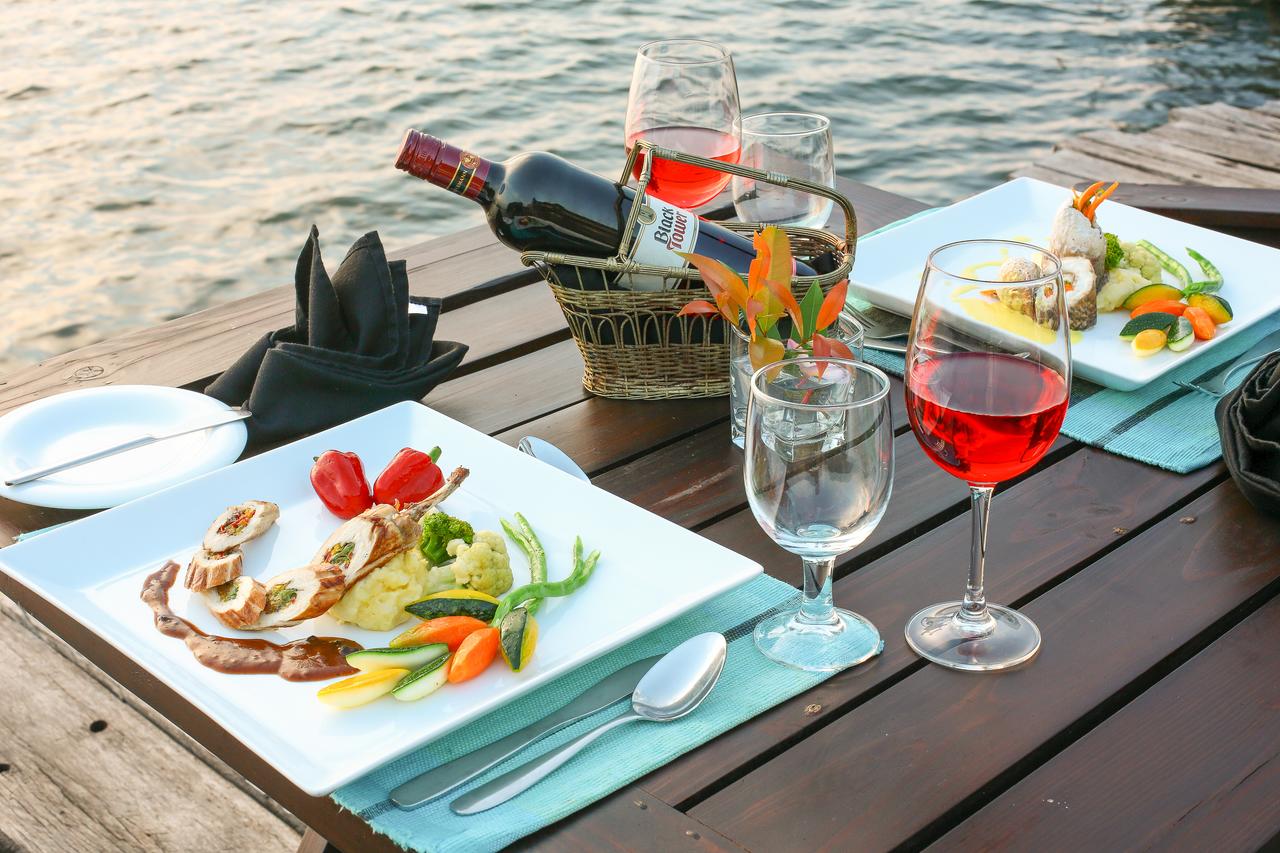
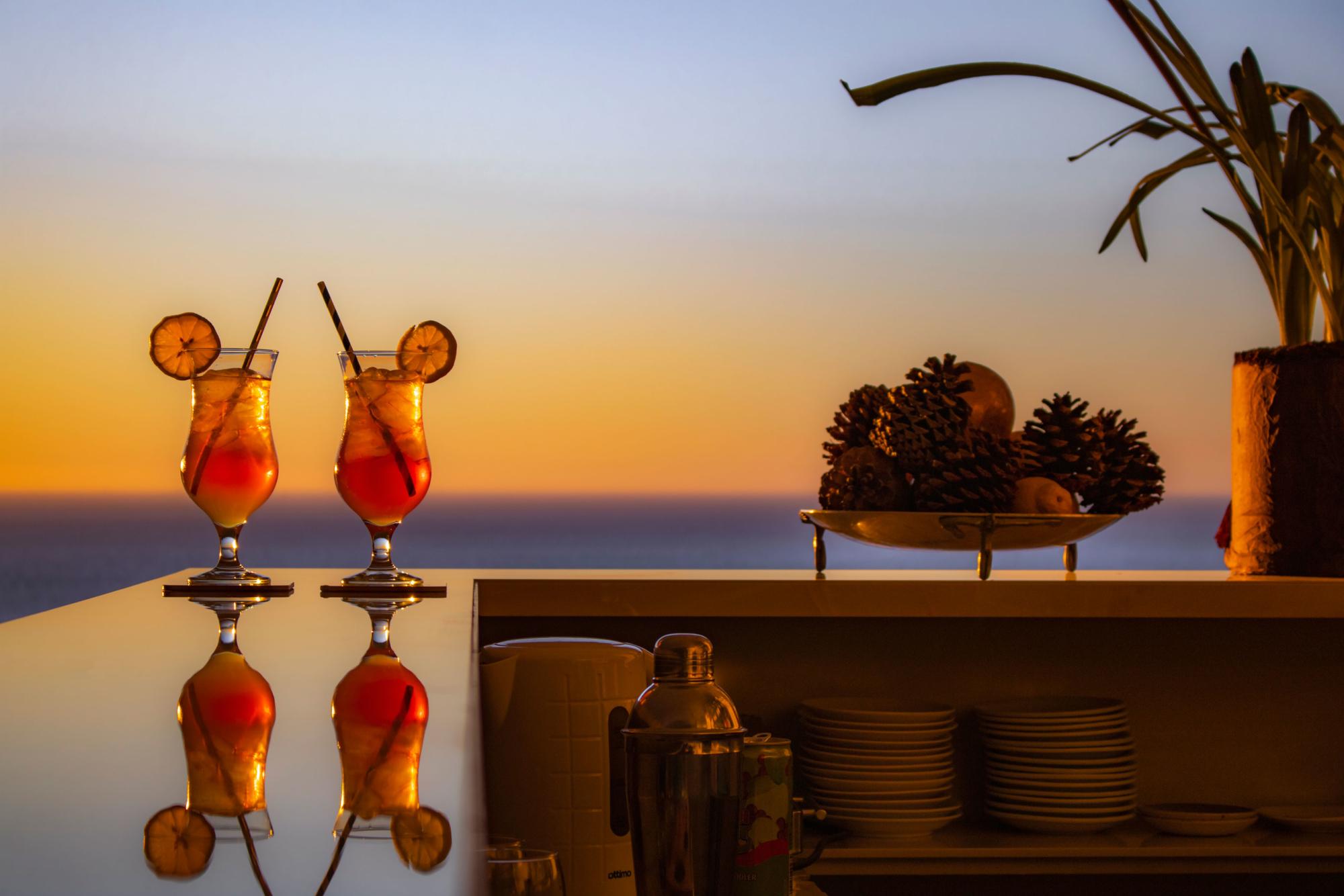


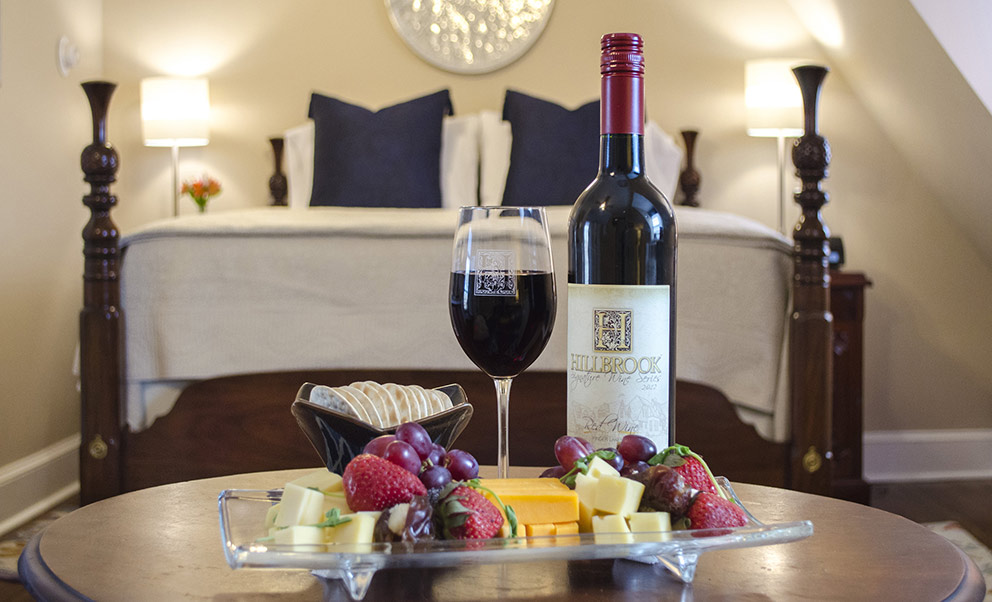

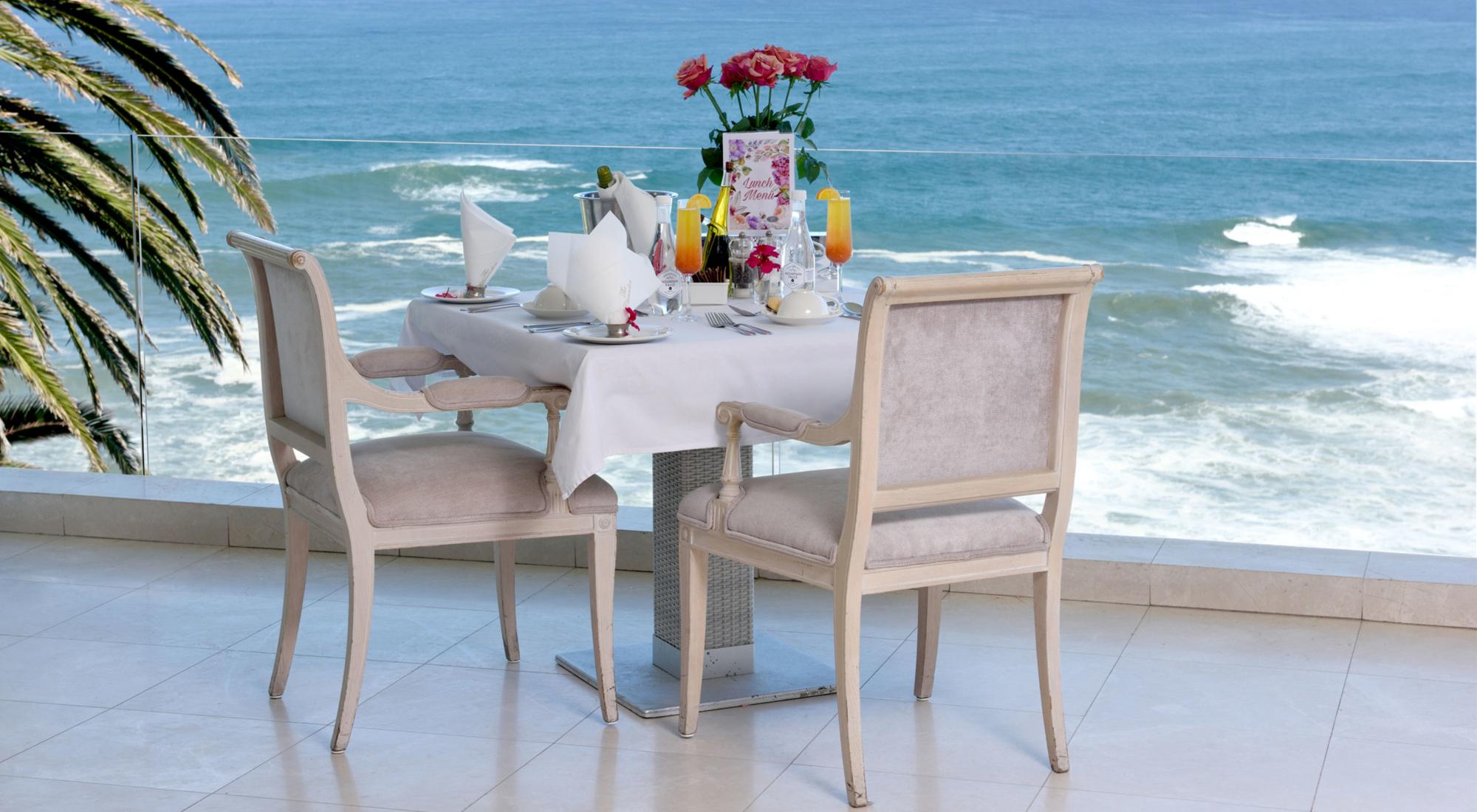


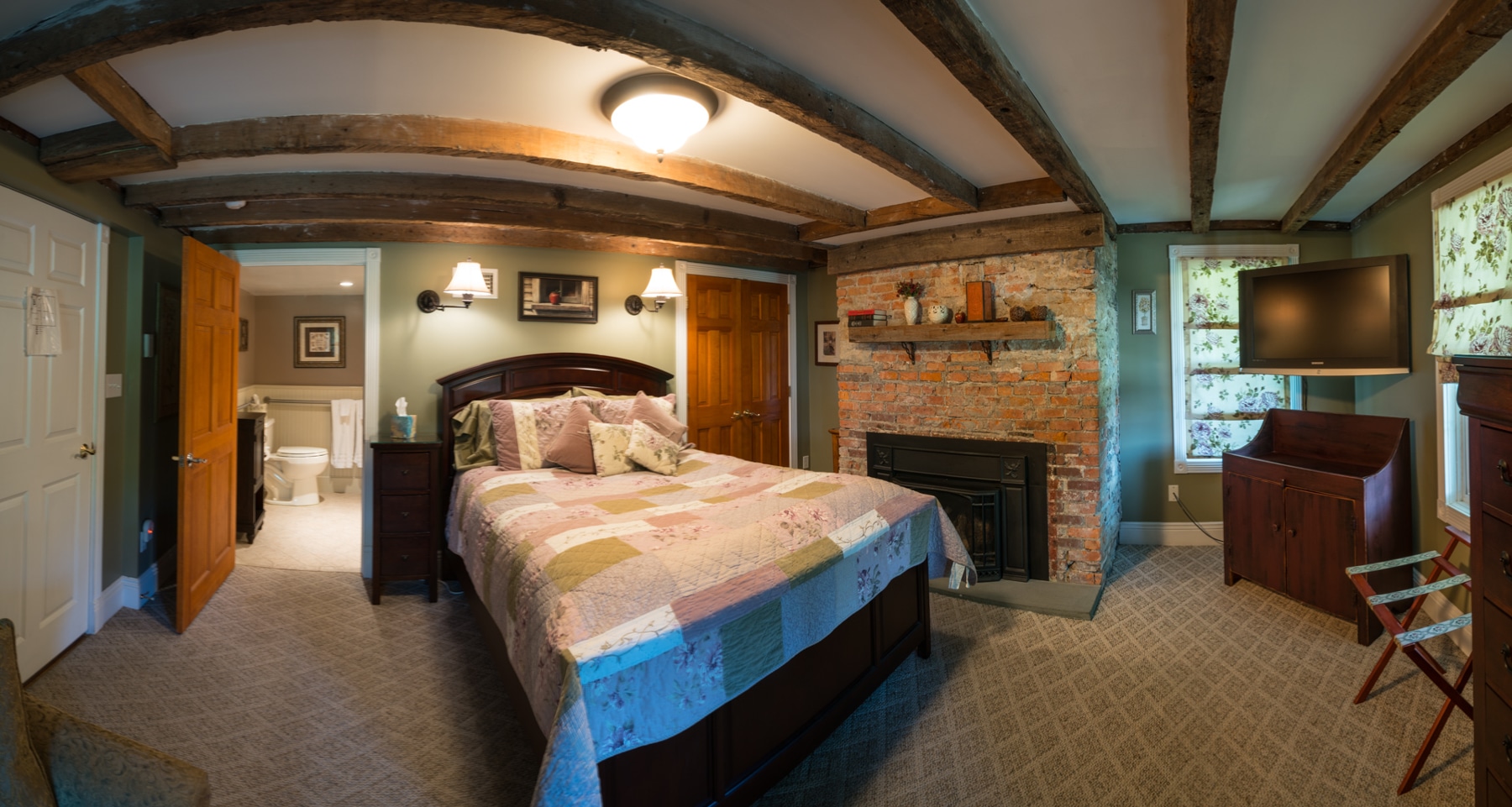
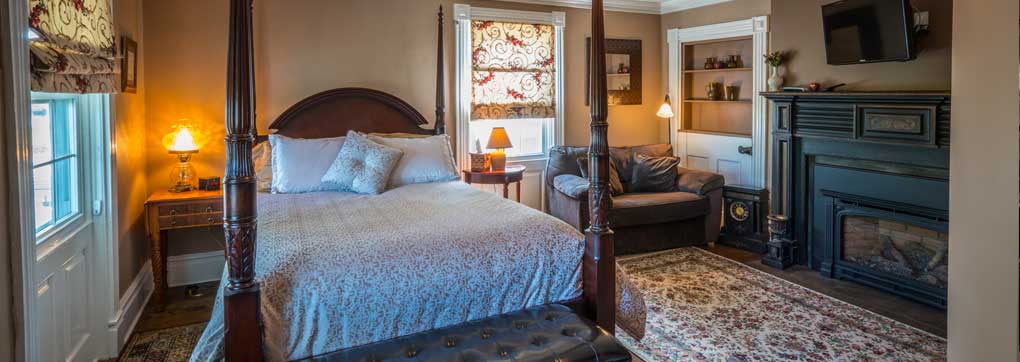
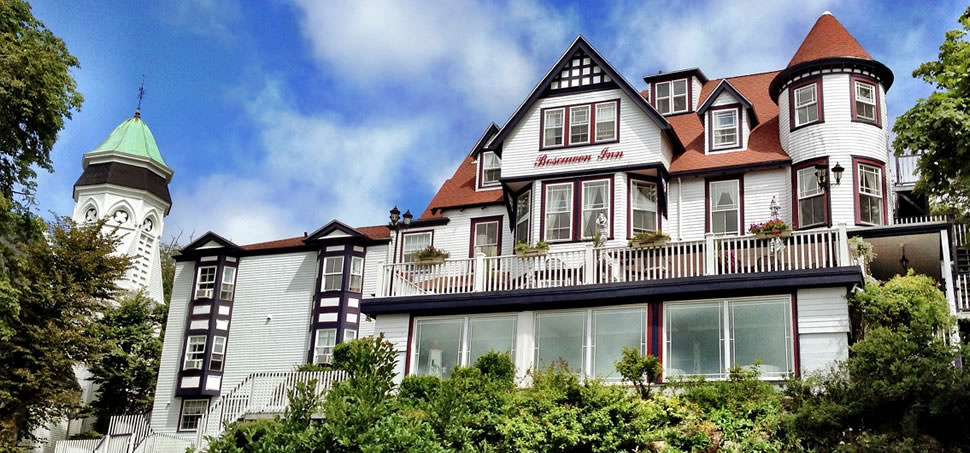
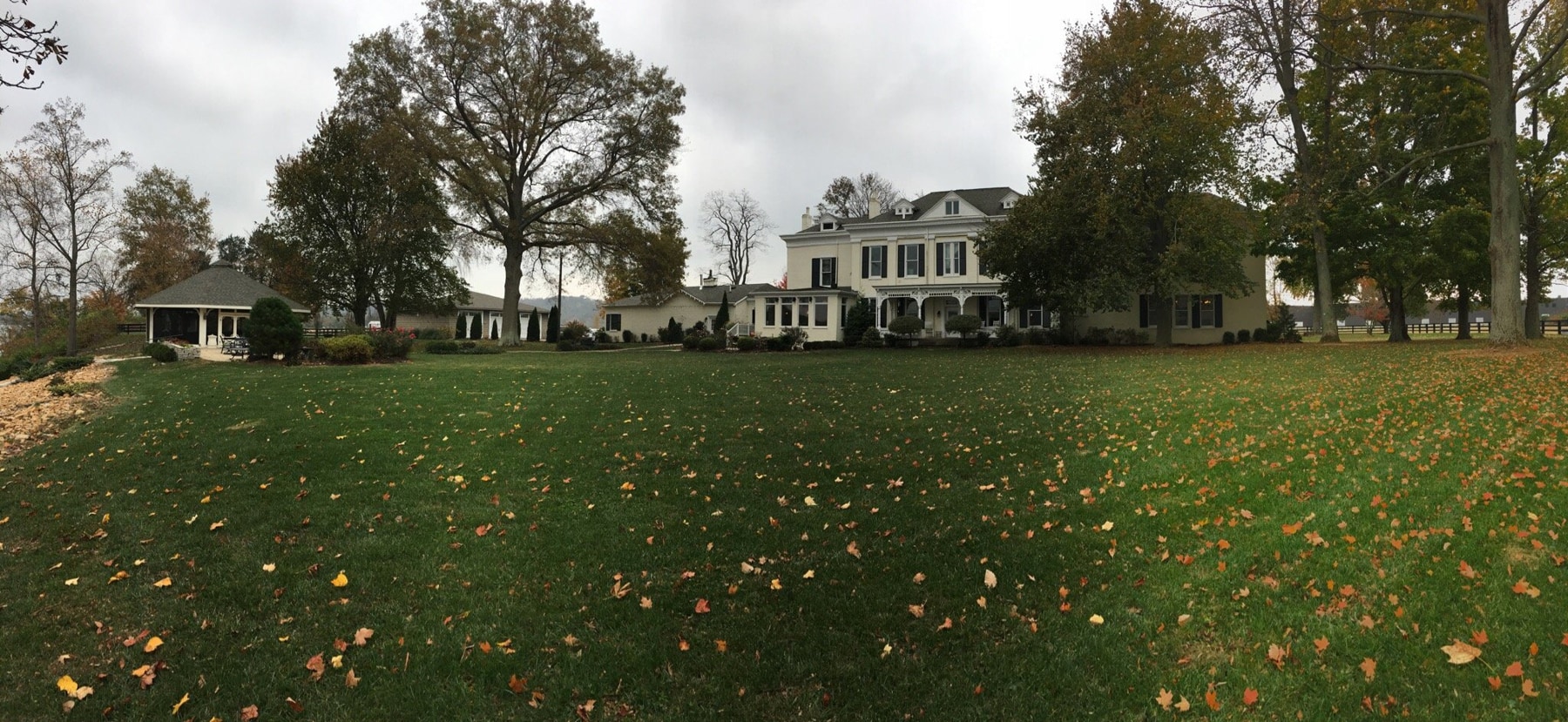

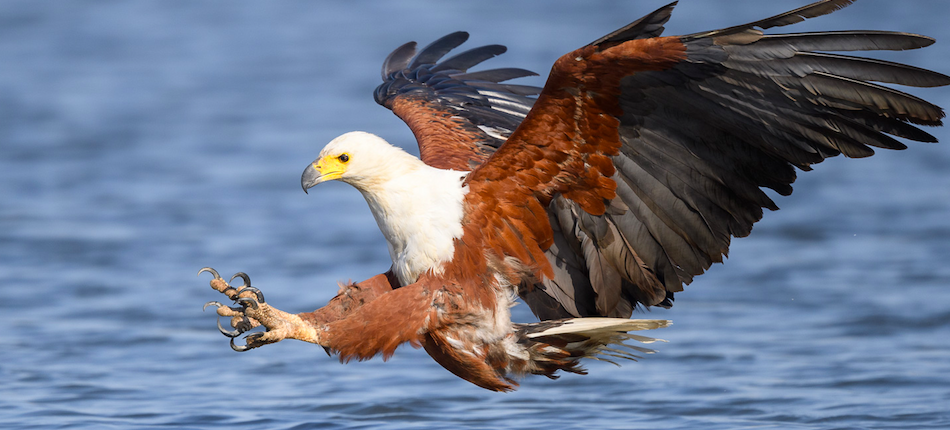
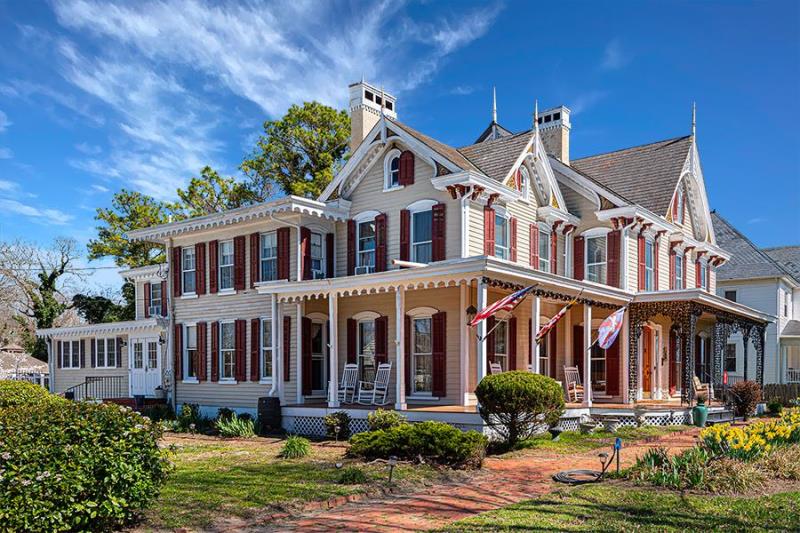
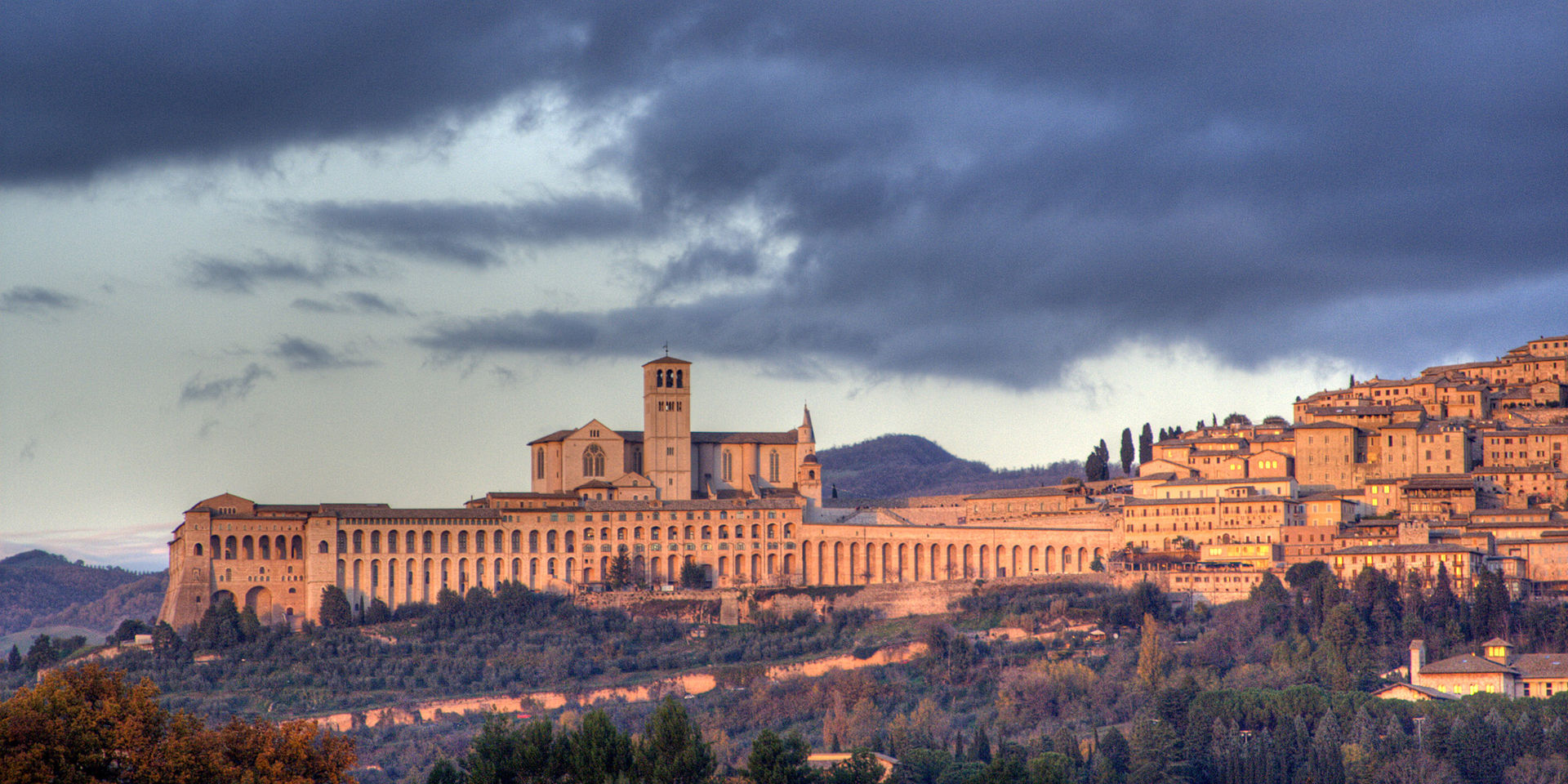
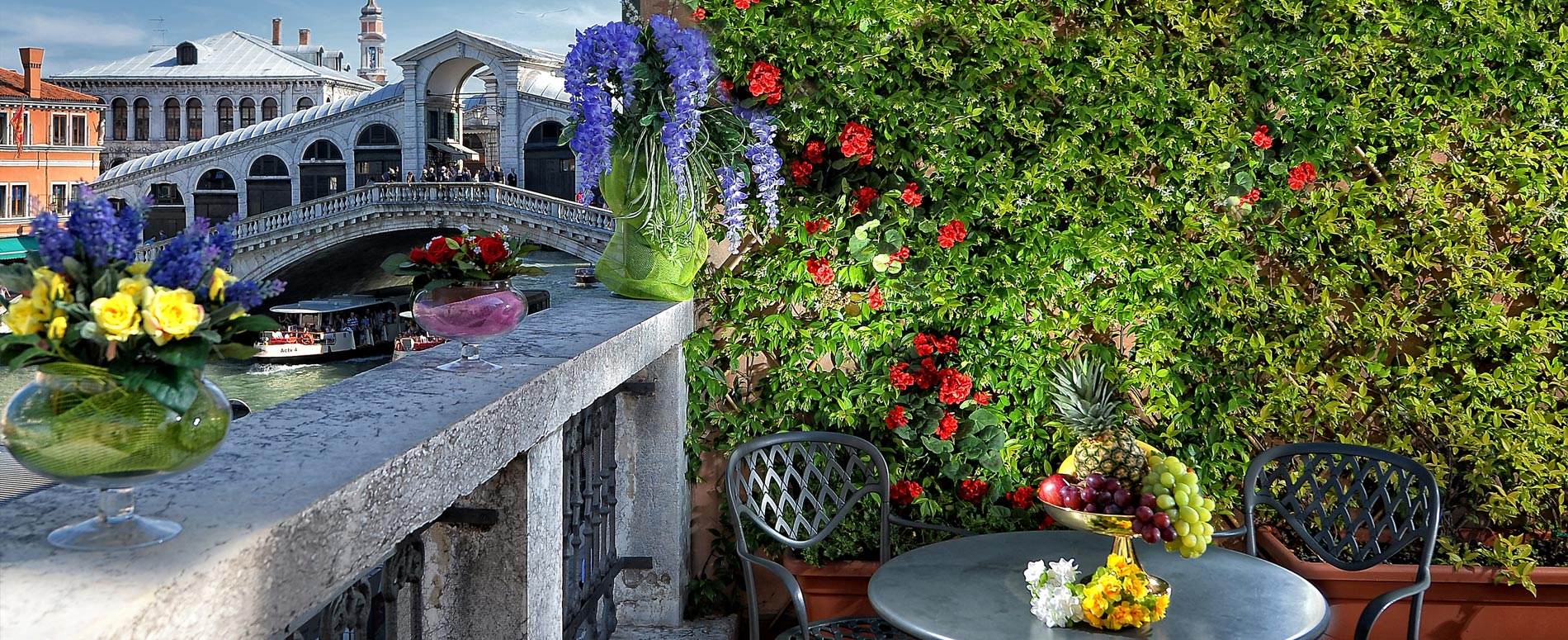
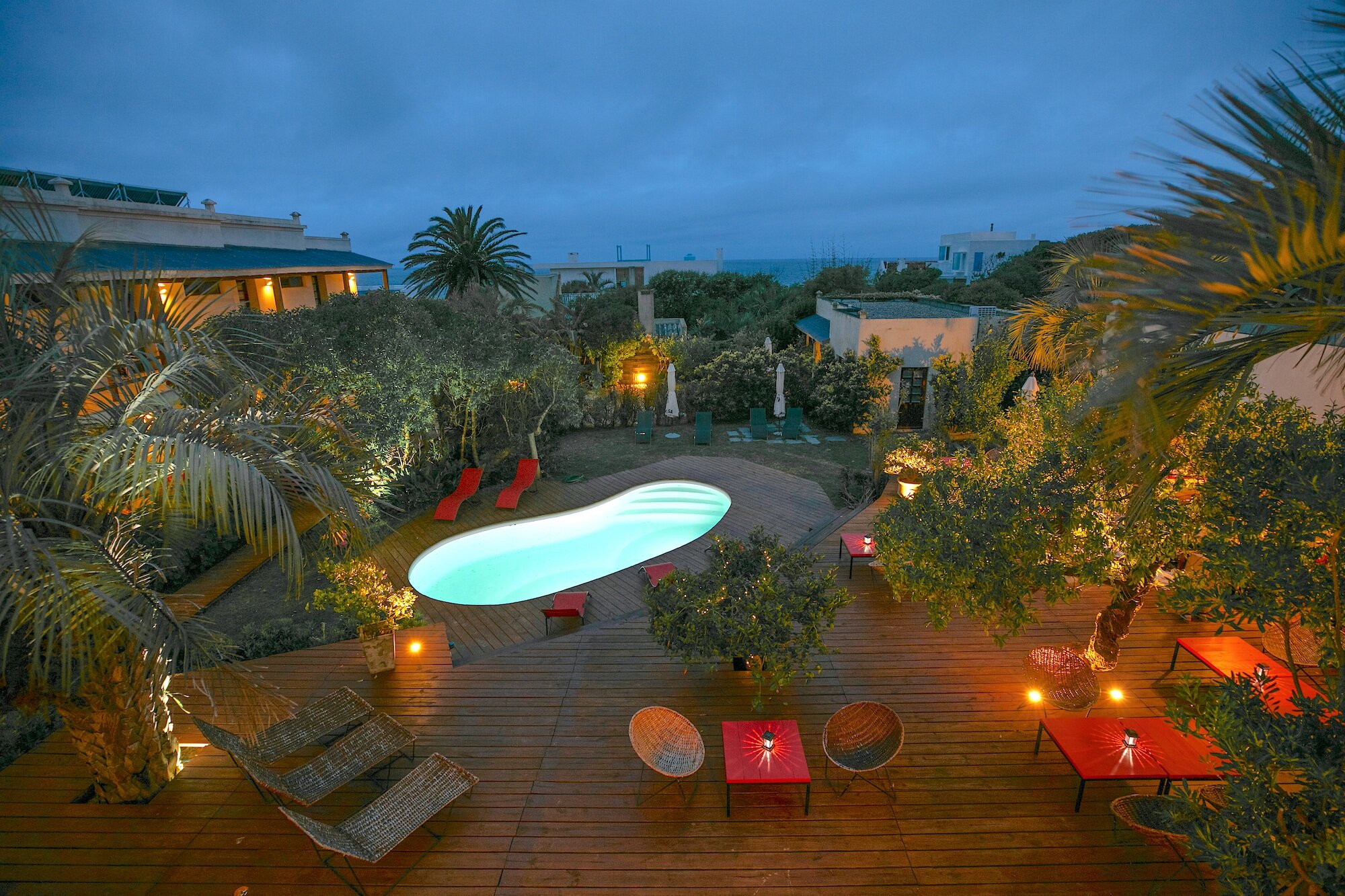
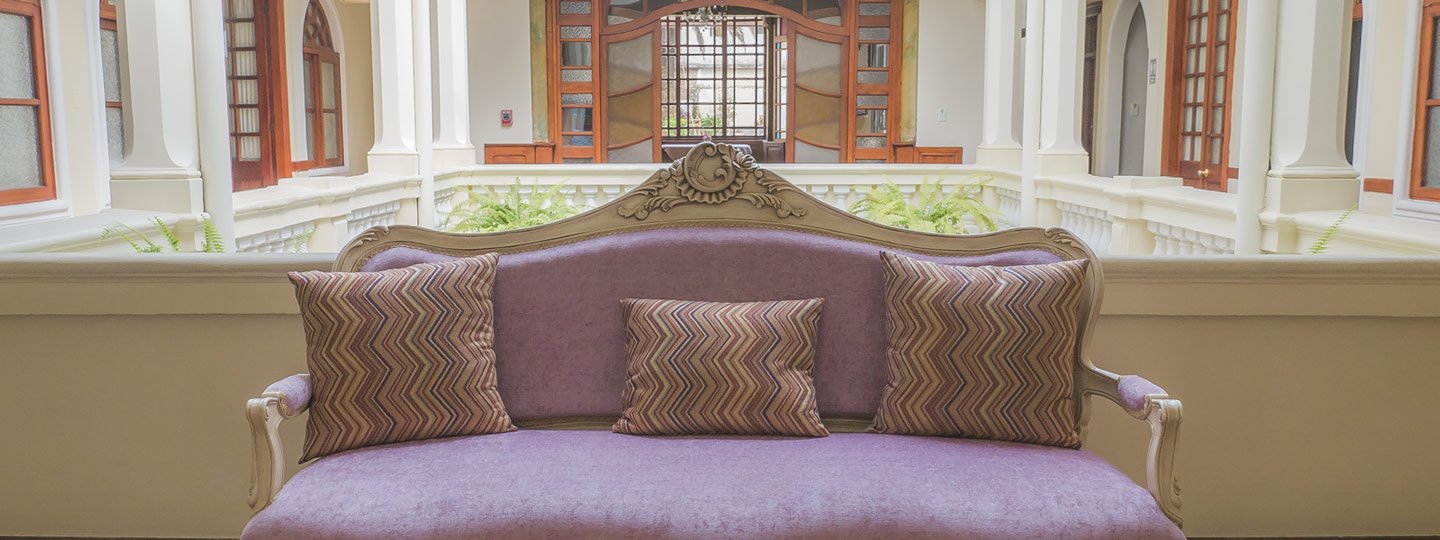
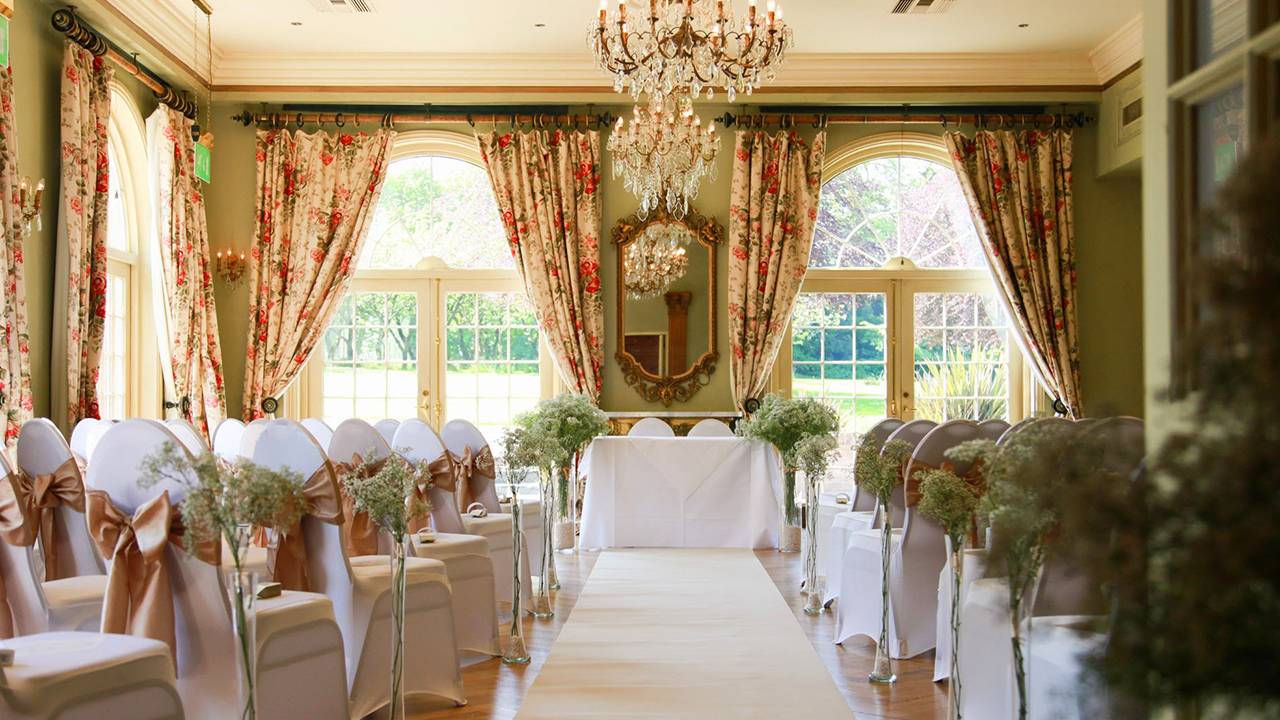
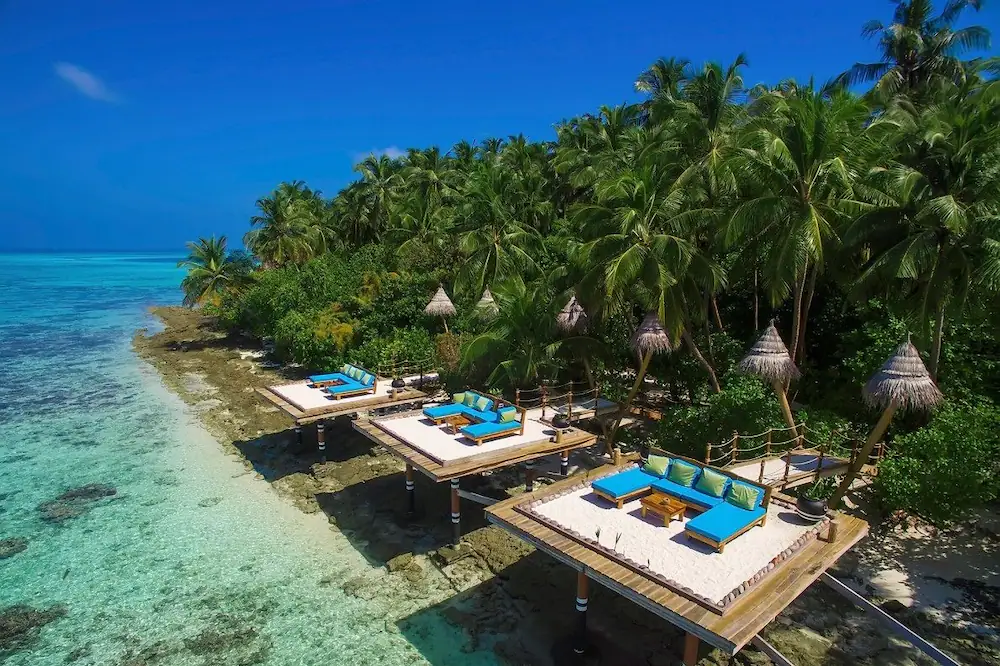
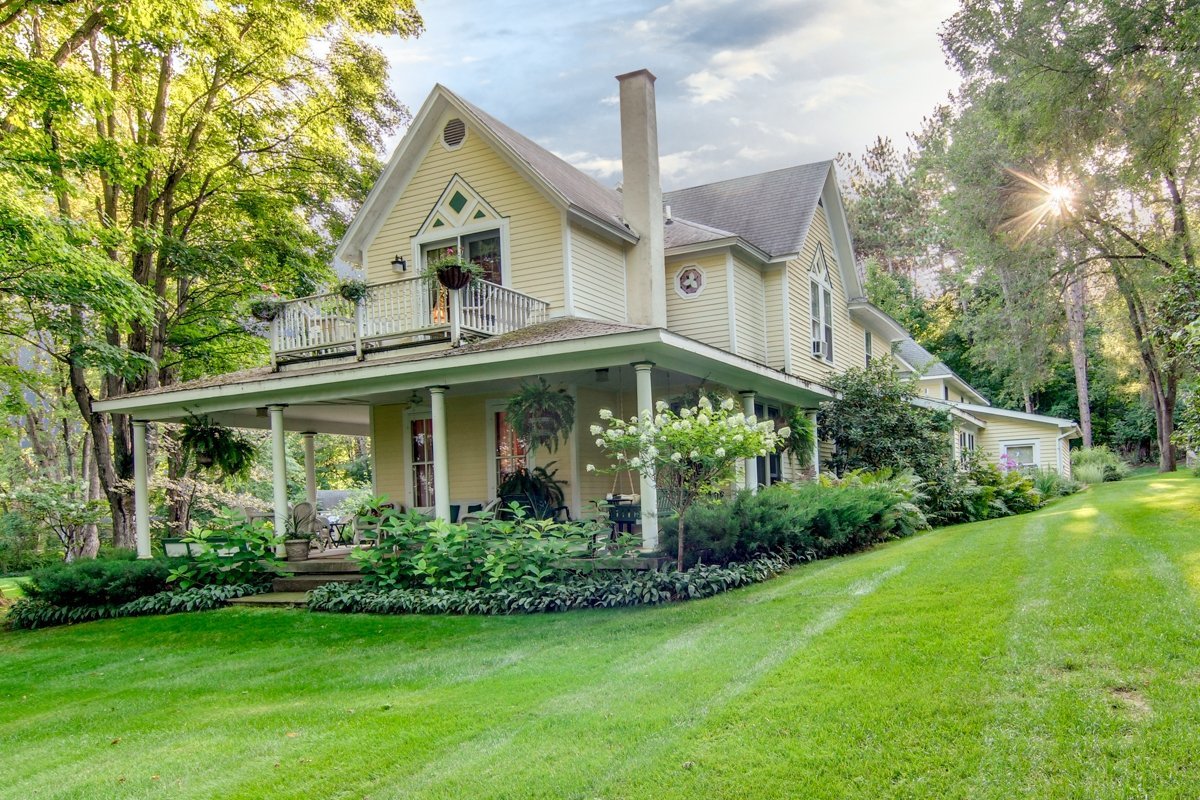
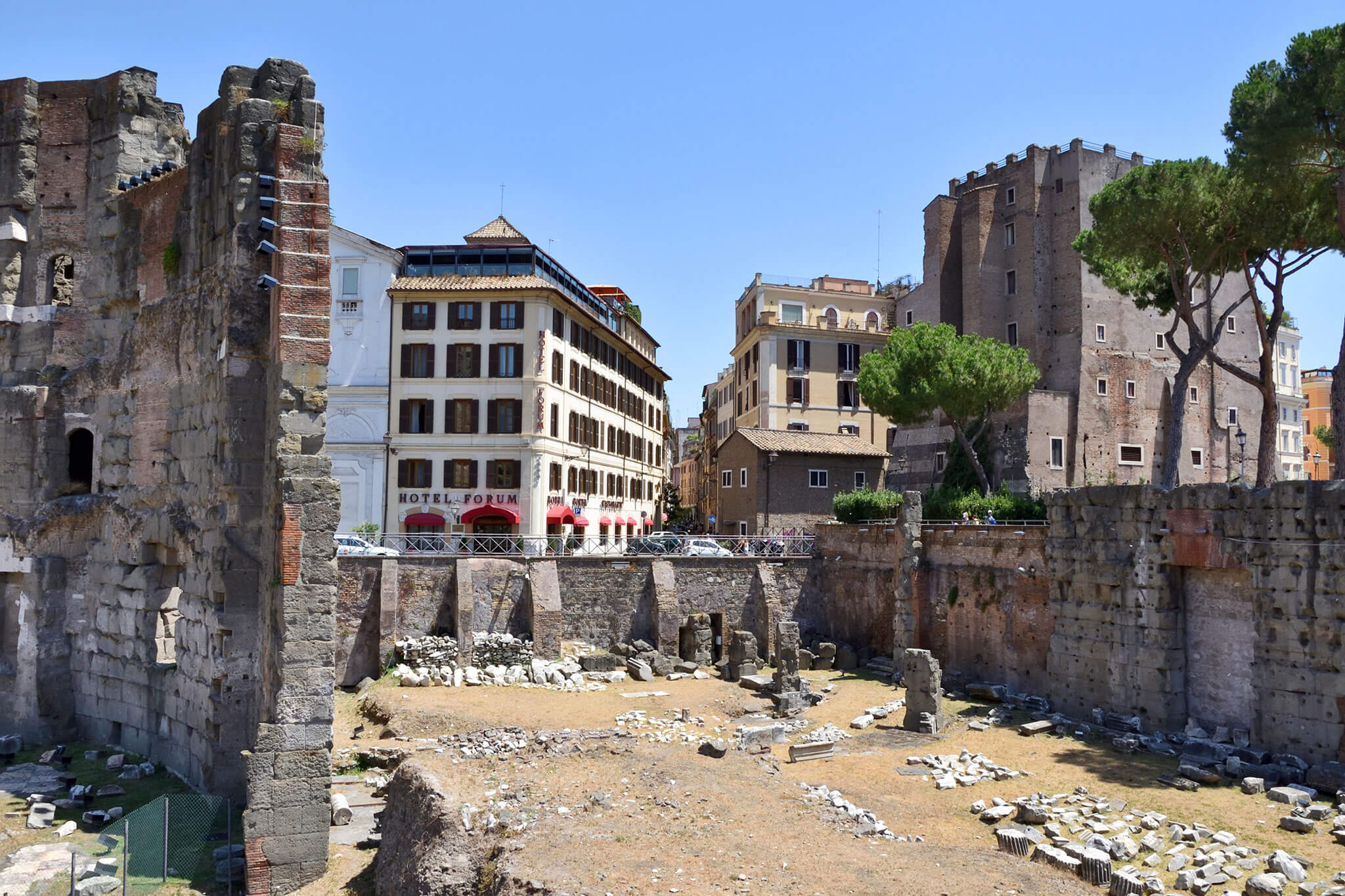
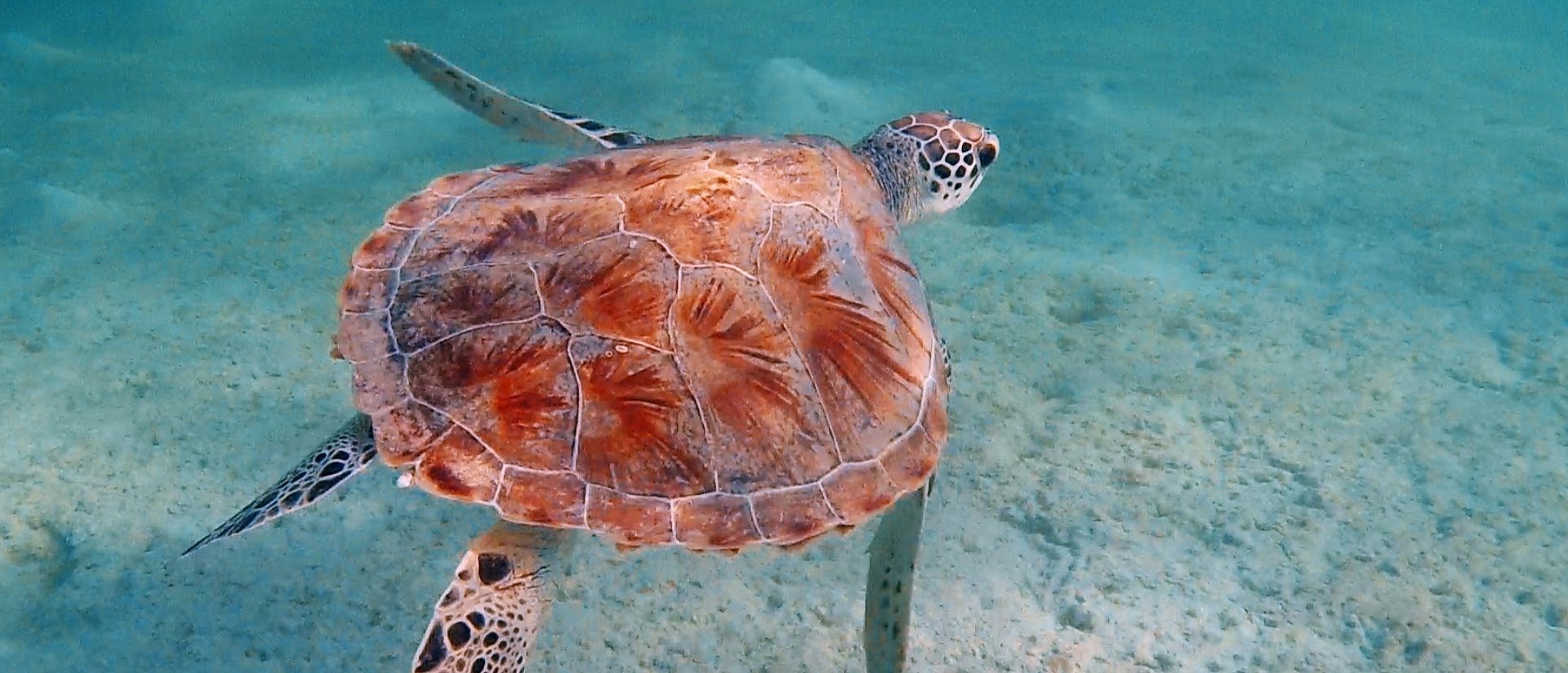
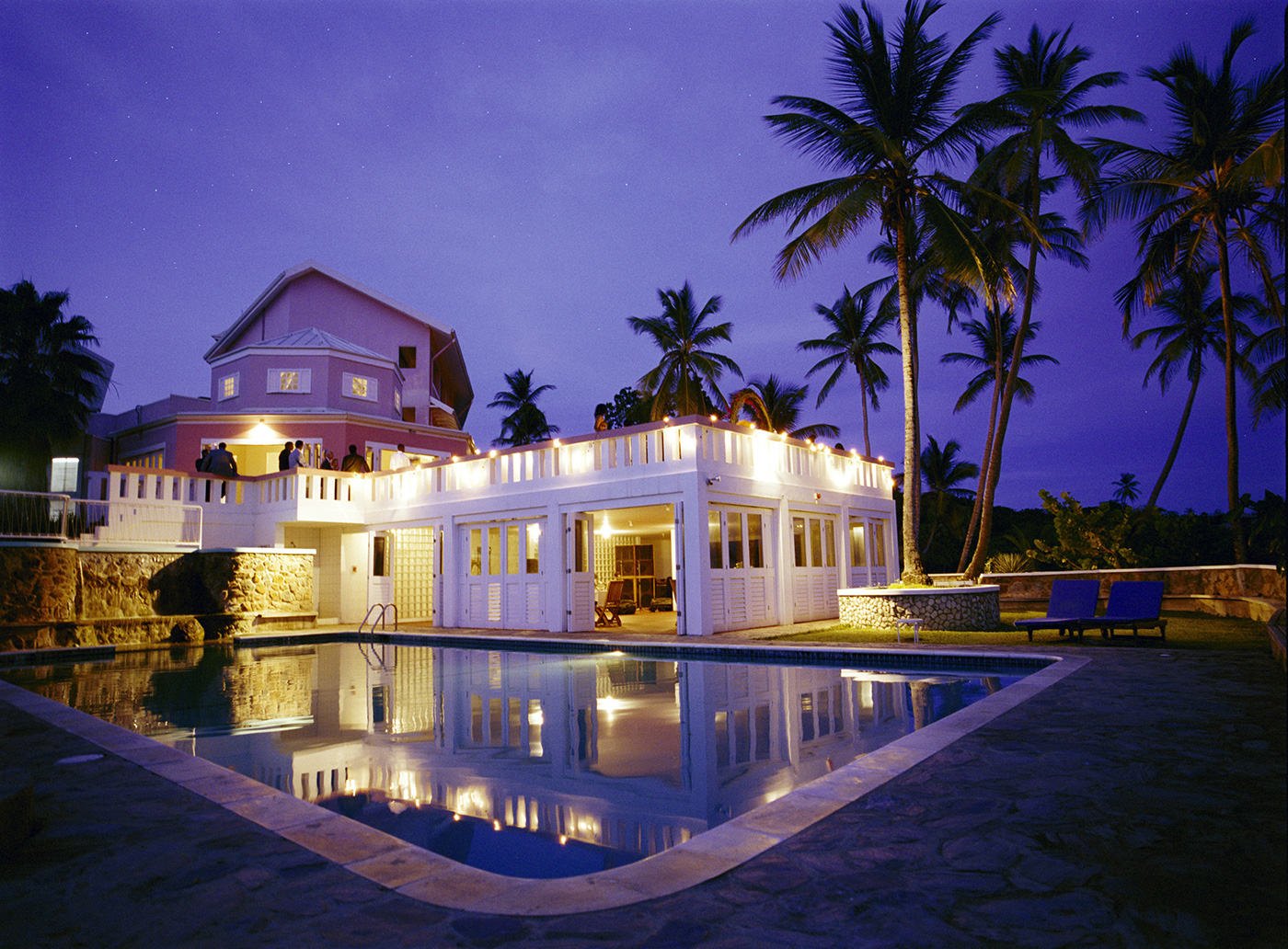
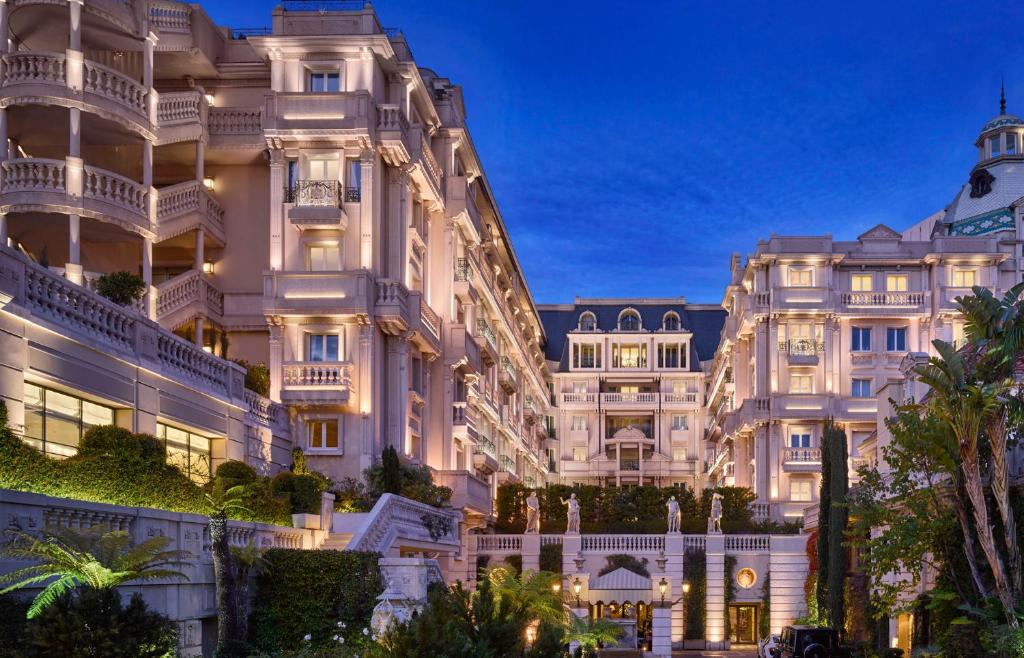
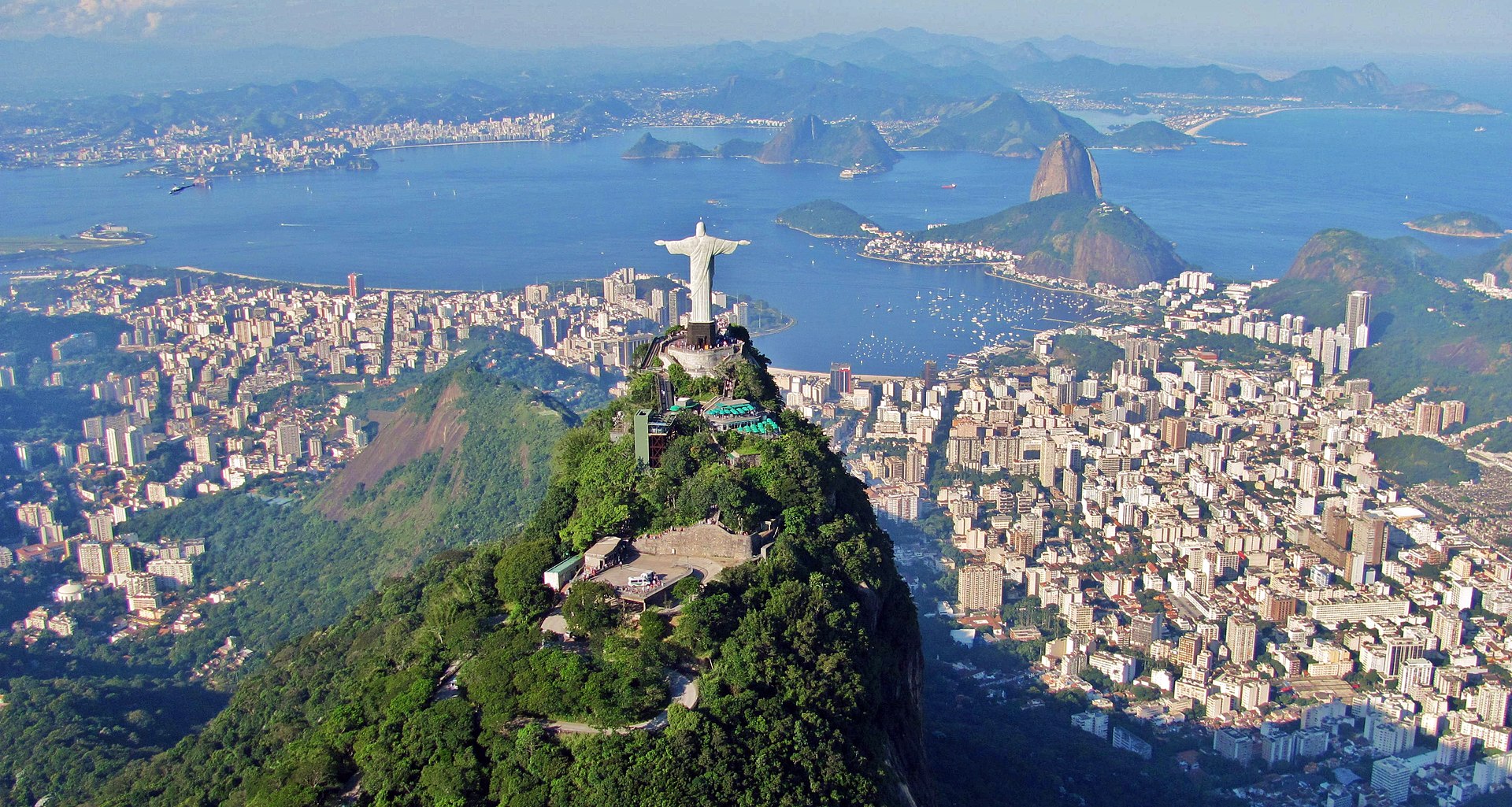
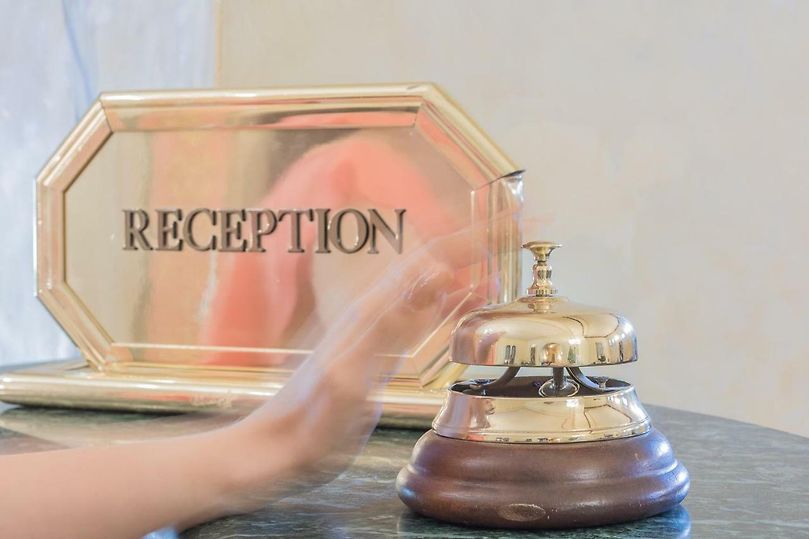
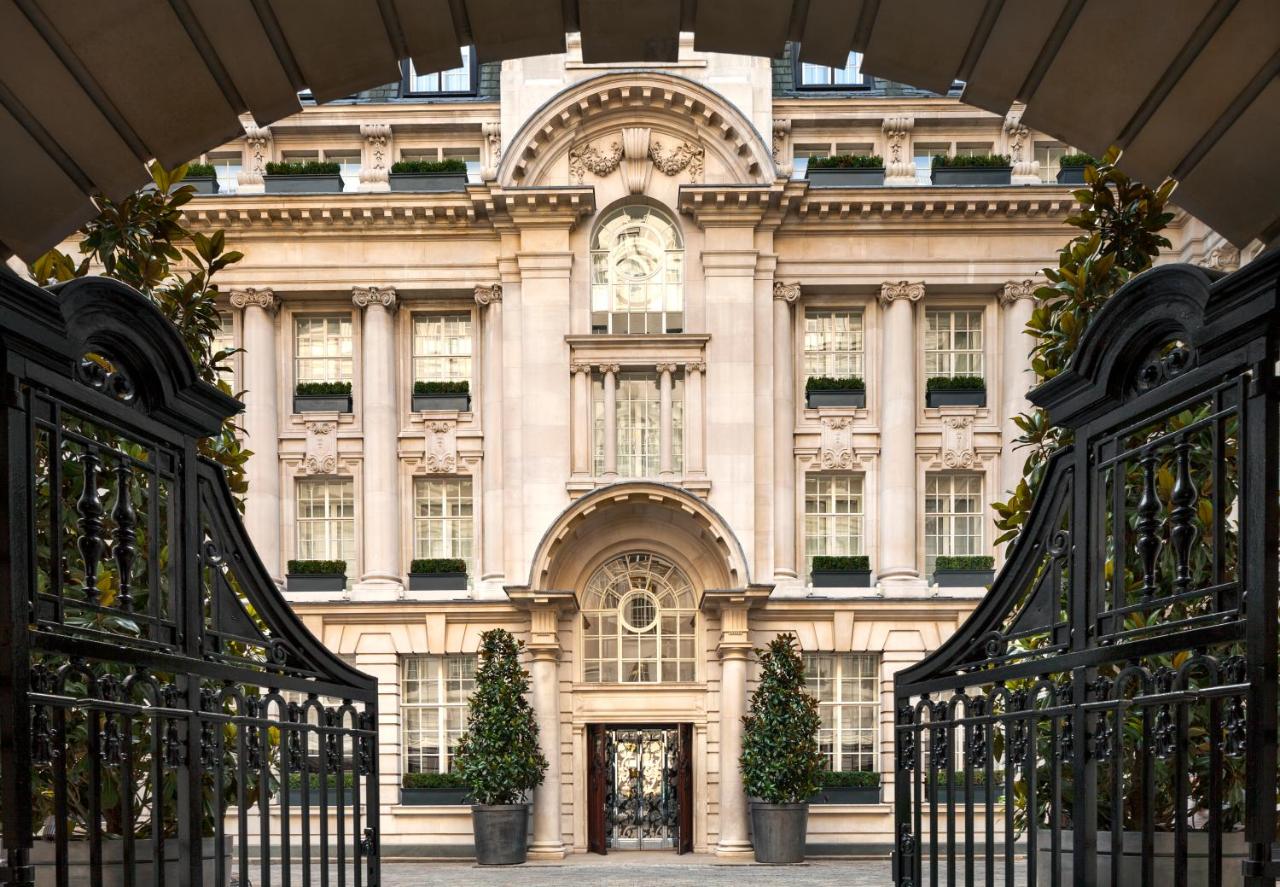
Zero Branco, Treviso Provincia, Italy
Agent: Cliff Jacobs - Managing Principal Estate Agent & CEO (Nat.Dpl.Hotel Man (UJ). M.P.R.E.)
Agent Cellphone: +27 (0) 84 413 1071 / +27 (0) 61 716 6951
Agent Office Number: +27 (0) 84 413 1071
Agent Email Address: cliff@exquisitehotelconsultants.com
Type: Bed and Breakfast
Bedrooms: 3
Bathrooms: 3
Showers: 3
Parking: 4
Yield: Not Disclosed
Zero Branco
Zero Brancois a comune (municipality) in the Province of Treviso in the Italian region Veneto, located about 20 kilometres (12 mi) northwest of Venice and about 10 kilometres (6 mi) southwest of Treviso.
Geography
Zero Branco borders the following municipalities: Mogliano Veneto, Morgano, Piombino Dese, Preganziol, Quinto di Treviso, Scorzè, Trebaseleghe and Treviso.
Province of Treviso
The Province of Treviso is a province in the Veneto region of Italy. Its capital is the city of Treviso. The province is surrounded by Belluno in the north, Vicenza in the west, Padua in southwest, Venice in the southeast and Friuli-Venezia Giulia in the east. The river Piave passes through the province while the rivers Sile and Cagnan pass through the capital. The province's nickname is La Marca Trevigiana. It has a prosperous economy and is an important producer of wine.It encompasses an area of 750 square miles.
The province of Treviso was established by the Celts but flourished under Romans before it was subjugated to Hun, Ostrogoth, and Lombard control. During Roman rule, the province was called Tarvisium.During the first World War the province was badly damaged by the Army of Austria.
The province has a total population of about 900,000 As of 2016. There are 95 municipalities in the province. The Marathon of Saint Anthony is a popular happening in the province's city Vedelago. It is an annual event organised on the last Sunday of April. The race starts from the city and ends in Padua. On their way the runners pass through eight different towns. Furniture, sport systems, textile, wine, shoes and machinery are some of the major commercial products in the province.
Montello Peak is located in the province. The plateau of Cansiglio was given the name-Woods of the Most Serene Republic because it supplied wood for making many Venetian ships.
Main sights
Sights in Treviso include the Piazza dei Signori and the Palazzo dei Trecento.
Barchessa di Villa Pola Pomini, Ca’ Corner della Regina and Villa Emo are located near Vedelago. Churches include the Cathedral of Castelfranco Veneto. The Rotonda in Badoere is also another tourist attraction. Northern Marca, Conegliano and Valdobbiadene are well known for their vineyards. Due to the presence of varying landscapes, Asolo is called "the city of a hundred landscapes."
Italy
Italy is a country that consists of a peninsula delimited by the Alps and several islands surrounding it; its territory largely coincides with the homonymous geographical region. Italy is located in the middle of the Mediterranean Sea, in Southern Europe; it is also considered part of Western Europe. A unitary parliamentary republic with Rome as its capital and largest city, the country covers a total area of 301,230 km2 (116,310 sq mi) and shares land borders with France, Switzerland, Austria, Slovenia, as well as the enclaved microstates of Vatican City and San Marino. Italy has a territorial exclave in Switzerland, Campione. With over 60 million inhabitants, Italy is the third-most populous member state of the European Union.
Due to its central geographic location in Southern Europe and the Mediterranean, Italy has historically been home to myriad peoples and cultures. In addition to the various ancient peoples dispersed throughout what is now modern-day Italy, the most predominant being the Indo-European Italic peoples who gave the peninsula its name, beginning from the classical era, Phoenicians and Carthaginians founded colonies mostly in insular Italy, Greeks established settlements in the so-called Magna Graecia of Southern Italy, while Etruscans and Celts inhabited central and northern Italy respectively. An Italic tribe known as the Latins formed the Roman Kingdom in the 8th century BC, which eventually became a republic with a government of the Senate and the People. The Roman Republic initially conquered and assimilated its neighbours on the Italian peninsula, eventually expanding and conquering parts of Europe, North Africa and Asia. By the first century BC, the Roman Empire emerged as the dominant power in the Mediterranean Basin and became a leading cultural, political and religious centre, inaugurating the Pax Romana, a period of more than 200 years during which Italy's law, technology, economy, art, and literature developed.
During the Early Middle Ages, Italy endured the fall of the Western Roman Empire and the Barbarian Invasions, but by the 11th century, numerous rival city-states and maritime republics, mainly in the northern and central regions of Italy, became prosperous through trade, commerce, and banking, laying the groundwork for modern capitalism.These mostly independent statelets served as Europe's main trading hubs with Asia and the Near East, often enjoying a greater degree of democracy than the larger feudal monarchies that were consolidating throughout Europe; however, part of central Italy was under the control of the theocratic Papal States, while Southern Italy remained largely feudal until the 19th century, partially as a result of a succession of Byzantine, Arab, Norman, Angevin, Aragonese, and other foreign conquests of the region. The Renaissance began in Italy and spread to the rest of Europe, bringing a renewed interest in humanism, science, exploration, and art. Italian culture flourished, producing famous scholars, artists, and polymaths. During the Middle Ages, Italian explorers discovered new routes to the Far East and the New World, helping to usher in the European Age of Discovery. Nevertheless, Italy's commercial and political power significantly waned with the opening of trade routes that bypassed the Mediterranean. Centuries of foreign conquest and meddling, and the rivalry and infighting between the Italian city-states, such as the Italian Wars of the 15th and 16th centuries, left Italy politically fragmented, and it was further conquered and divided among multiple foreign European powers over the centuries.
By the mid-19th century, rising Italian nationalism and calls for independence from foreign control led to a period of revolutionary political upheaval. After centuries of foreign domination and political division, Italy was almost entirely unified in 1861 following a war of independence, establishing the Kingdom of Italy. From the late 19th century to the early 20th century, Italy rapidly industrialised, mainly in the north, and acquired a colonial empire, while the south remained largely impoverished and excluded from industrialisation, fuelling a large and influential diaspora. Despite being one of the victorious allied powers in World War I, Italy entered a period of economic crisis and social turmoil, leading to the rise of the Italian fascist dictatorship in 1922. The participation of Fascist Italy in World War II on the Axis side and against the Allies ended in military defeat, economic destruction, and the occupation of Italy by Nazi Germany and the collaborationist Italian Social Republic. Following the rise of the Italian Resistance and the subsequent Italian Civil War and liberation of Italy, the country abolished its monarchy, established a democratic Republic, enjoyed a prolonged economic boom, and became a highly developed country.
Italy has an advanced economy. The country is the ninth-largest by nominal GDP (third in the European Union), the eighth-largest by national wealth and the third-largest by central bank gold reserve. It ranks highly in life expectancy, quality of life,healthcare, and education. The country is a great power, and it has a significant role in regional and global economic, military, cultural, and diplomatic affairs. Italy is a founding and leading member of the European Union and a member of numerous international institutions, including the United Nations, NATO, the OECD, the Organization for Security and Co-operation in Europe, the World Trade Organization, the Group of Seven, the G20, the Union for the Mediterranean, the Latin Union, the Council of Europe, Uniting for Consensus, the Schengen Area, and many more. The source of many inventions and discoveries, the country has long been a global centre of art, music, literature, philosophy, science and technology, and fashion and has greatly influenced and contributed to diverse fields including cinema, cuisine, sports, jurisprudence, banking, and business. As a reflection of its cultural wealth, Italy has the world's largest number of World Heritage Sites (58), and is the fifth-most visited country.
Description of the business by the owner
Our Casa is a small award-winning Bed and Breakfast, enjoying considerable success in bespoke holidays. Our chalet-style residence offers comfort and convenience in one of Northern Italy’s prettiest regions.
The property is adjacent to Golf des Iles Borromees, a championship golf course of immense character. set amidst scented forest pines and hazel, and enhanced by a backdrop of majestic high peaked mountains. A truly stunning location, surpassed only by the seductive beauty of Stresa on Lake Maggiore, only 10 minutes away.
We are open all year round and offer 2 letting rooms, all appointed to a very high standard, all with private balconies, one with a private sun terrace. all with private en suites. We have been the number 1 choice with Trip Advisor for the past 9 years.
Guest Facilities On Site
Attractions For Guests In The Local Area
Activities For Guests In The Local Area
Owner's Facilities On Site
About Us
Finally we realize a dream: to open our Casa to friends, travellers and people curious to know the world.
We are waiting for you in a family home, harmonious and surrounded by the greenery of the garden.
Restored with all comforts, we offer hospitality in the 3 bedrooms with bathroom, in the living room with fireplace and TV, in the living room for breakfast with natural products.
For you, many tips to visit in the best way Venice, Treviso, Padua, cities of art and culture unique in the world. Or to immerse yourself in the nature of the Sile river park or the Prosecco hills for tasty food and wine tours. We hope with our kindness to accompany your holidays and those of your friends.











































Cliff Jacobs (Nat Dpl Hotel Man (UJ). MPRE. GA Level 5 TEFL) Managing Principal / CEO Exquisite Hotel Consultants (Pty) Ltd Mobile: +27 (0) 84 413 1071 / +27 (0) 61 716 6951 Email: cliff@exquisitehotelconsultants.com Web: https://www.exquisitehotelconsultants.com © All rights reserved Terms and Conditions apply Scroll down to view our Hospitality Properties and Businesses for sale or lease or lease-to-buy or partnership arrangement or management agreement arrangement.